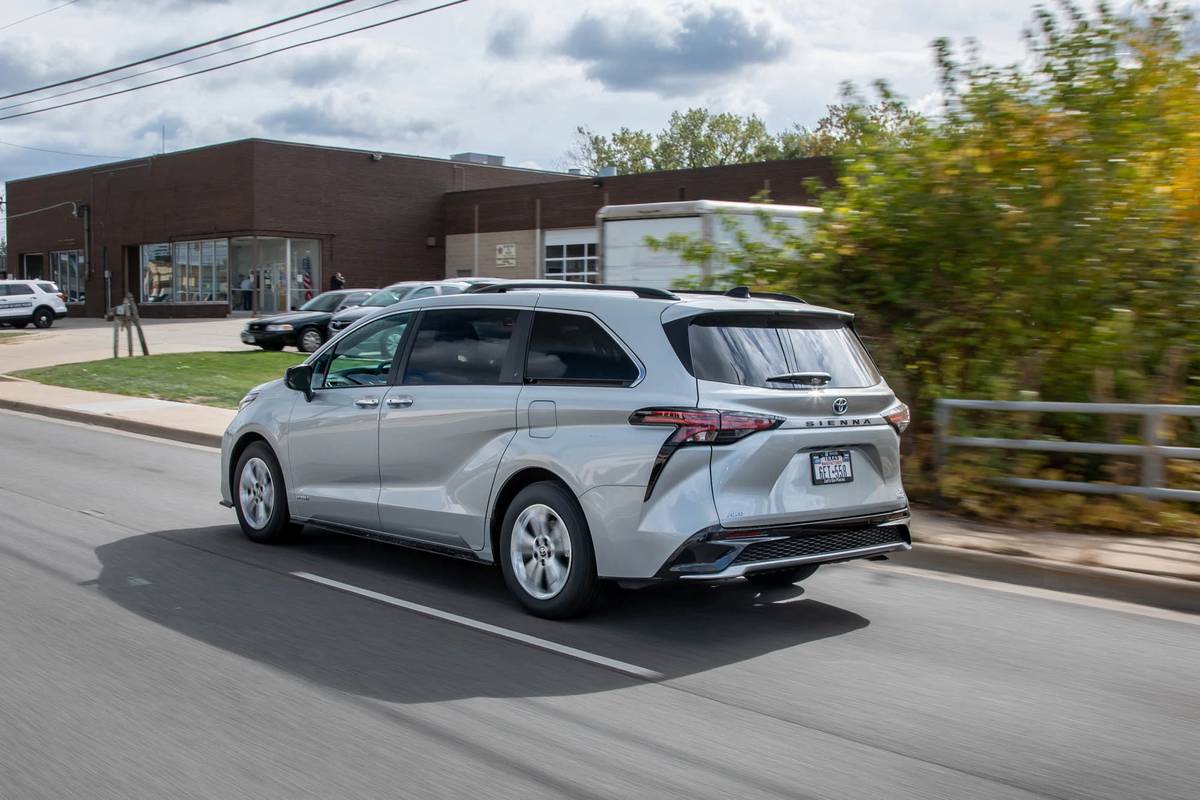
The verdict: The redesigned 2021 Sienna is Toyota’s gambit to avoid a cookie-cutter minivan at all costs. It’s refreshing in some ways, but other aspects will make you wish the automaker had stuck to a more conventional approach.
Versus the competition: As you might expect for any redesigned minivan, the new Sienna has more family-friendly features than you can shake a pogo stick at. Less characteristic of the class, it boasts a risk-taking interior and a hybrid-only powertrain — qualities that could turn away as many shoppers as they attract.
With styling inspired by Japan’s bullet trains, the Sienna courts minor controversy by way of a gaping lower grille, but Toyota’s been pushing a big grille since it refreshed the minivan late in the prior generation. On sale in November, the 2021 Sienna model comes in five trim levels: LE, XLE, XSE, Limited and Platinum, all with a four-cylinder hybrid powertrain and front- or all-wheel drive. We evaluated two preproduction AWD examples: an LE and XSE.
Related: 2021 Toyota Sienna Powers Families With New Hybrid Drivetrain
Hybrid Only
Toyota’s decision to offer the Sienna as a gas-electric hybrid comes as little surprise given the automaker announced plans in 2017 to offer electrified variants across its entire lineup by roughly 2025. More curious is the decision to offer the Sienna only as a hybrid, in this case with a 2.5-liter four-cylinder plus an electric drive motor. Total output is 245 horsepower, with another electric motor at the rear axle facilitating AWD if equipped. Toyota claims the same 3,500-pound towing capacity as before, plus EPA-estimated combined mileage of 36 mpg (FWD) or 35 mpg (AWD). The agency has yet to publish figures, but it’s safe to say the 2021 Sienna’s fuel efficiency will smoke that of the outgoing Sienna, which in its final years offered only a non-hybrid V-6.
What’s also clear: The new Sienna loses a step to the outgoing model, which made 296 hp, though the deficit isn’t as bad as it looks on paper. Step on the gas, and the hybrid drivetrain’s electric motors lend immediate oomph from a stop, but engine power then raises revs noisily and a little out of sync with your right foot. Power comes soon enough, but maximum acceleration is a bit slower than the old Sienna. The new drivetrain seems optimized for power transitions when you’re already in motion; go from some pedal to more pedal, and power comes with little delay.
Ride and Handling: Base Is Best
Ride quality depends largely on what you get. Equipped with 17-inch wheels with P235/65R17 tires, the Sienna LE absorbs bumps with clean, high-quality composure, though some roads can produce slight, lateral body movement. The XSE AWD pairs a sport-tuned suspension with 18-inch wheels and P235/60R18 tires, meanwhile, and the result is firm. Shock absorption feels altogether less sophisticated, with harsh impacts and more jittery body movement. Front-drive XSEs have 20-inch wheels with even lower-profile tires (P235/50R20s) that may be even more harsh.
Little payoff comes on the handling front, as the LE’s dynamics seem just as good as the XSE’s without the undue firmness. With the battery pack behind the front axle, under the front seats, the Sienna maintains steadfast balance hustling around sweeping corners. It steers with light effort and direct response, though feedback is numb enough to allow excessive wandering on center — especially in the LE, which lacks the XSE’s sport-tuned steering. The XSE’s sport suspension allows slightly less body roll, but the regular setup still corners reasonably flat for what this is. And the tires on both minivans (Bridgestone Turanzas on the XSE and Falken Ziex on the LE, both all-seasons) exhibit good lateral grip.
Unconventional Interior
Draped with hulking shelves and a wide bridge-style center console, this Sienna sports the most left-field interior for a Toyota minivan in the U.S. since the Previa. Gone is the old Sienna’s drop-down center console and floor-level space to throw a medium-size purse, a layout still offered in the rival Honda Odyssey and certain variants of Chrysler’s Voyager and Pacifica siblings. In its place is a massive flow-through console that bridges the dashboard and center armrest. Underneath it is a large storage area with … enough space to throw a medium-size purse. It’s a wide setup overall, but so is the driver’s berth; even for long-legged adults, the console shouldn’t clip your knees. If it does, Toyota pads the outboard section to minimize discomfort.
Cabin quality in our preproduction test cars was all over the map, with harsh, cheap-looking finishes over much of the dashboard and insufficient padding in areas like the upper doors. The LE has a decent grade of cloth upholstery, but the XLE and XSE have SofTex vinyl, which (at least in our XSE example) imparts a rubbery industrial feel; Limited and Platinum models get leather. Toyota routed hardware for the mechanical gear selector down the front side of the console bin — a nice bit of packaging enabling the bridge-style console that usually requires the electronic selectors we universally dislike — but the selector’s rickety operation feels like it’s falling apart. Some of that might improve by production time, but this isn’t the first Toyota we’ve driven to have a shaky gear selector.
Among the console compartments, dashboard shelves and umpteen door pockets, the Sienna still has plentiful storage space. It also boasts decent forward visibility thanks to door-mounted mirrors and thin A-pillars. Rear visibility is less ideal, with bulky second-row head restraints blocking over-the-shoulder sightlines and a backup camera in dire need of better resolution. Higher trim levels offer a camera-based rearview mirror and 360-degree camera system, which we did not evaluate.
A 4.2-inch gauge display and 9-inch touchscreen, the latter with Apple CarPlay and Android Auto, are standard. Although wireless smartphone charging is optional, both smartphone integrations still require physical cords, not the wireless connectivity gaining traction industrywide. Spaced across all three rows are seven standard USB ports, including three of the newer USB-C variety. Options include a 7-inch gauge display, two household-style AC outlets, an 11.6-inch rear entertainment system and head-up display.
Winsome Seating …
LE and XLE models seat eight courtesy of a three-position bench with a removable middle seat in the second row. Optional on the XLE and standard on higher trims are second-row captain’s chairs, which reduce capacity to seven. In any case, space is plentiful all around, though accessing the third row from either side remains a cumbersome, multistep process. Fortunately, the second-row seats have exceptional sliding range — about a foot (in a seated position, farther for access) in base models or roughly double that with an optional extended-slide feature — to find a position that lends adult-friendly legroom in both rows.
Typical of a minivan, the Sienna’s third row folds backward into a floor cavity. Stow it there, and the available extended-slide captain’s chairs go nearly as far back as the third row once sat, with enough legroom ahead to host a soccer match. Like the outgoing Sienna, the 2021 model offers pop-up leg rests for passengers to lounge while the van is stopped, but these seats slide 10 inches farther than before, Toyota officials told us.
… Lose Some Cargo
Alas, the versatile seating arrangement comes at significant expense to cargo space. Regardless of configuration, the second-row seats neither fold down nor come out, provisions the Odyssey and Pacifica offer. Toyota says that’s because of new airbags mounted in the second-row seats. Curtain airbags are also standard, and the second row in plenty of cars — including the outgoing Sienna — fared well in side impact crash tests with curtains alone. For the 2021 Sienna, Toyota says the extended-slide seats necessitated the extra pair of airbags.
“Adding airbags to the seats allowed us to include the super-long slide,” said Nicky Hamila, a spokesperson for the automaker. “That would only be possible with airbags in the seats that travel with the seat and [protect] the occupant in every position.”
Still, the explanation doesn’t justify why chairs without the extended-slide feature still have the extra airbags and no removability. In any case, maximizing cargo room requires locking the second-row chairs into a collapsed forward position, similar to a provision in the old Sienna. But for maximum room, the old chairs were fully removable. These are not, and the seatbacks lean forward but don’t fold horizontal to maximize usable cargo depth. Toyota says the new Sienna can still fit 4-by-8-foot sheets of plywood at an angle from floor to seatback, but the setup nonetheless reduces roughly 8 feet of potential cargo depth at floor level down to about 6 feet with the seats collapsed forward, by our measuring tape. In other words, if you need to transport bulky furniture, the non-removable seats reduce maximum cargo room by about a quarter.
Behind the second row, cargo specs are relatively more competitive. With the XSE’s third row folded into the floor and its extended-slide second row at the midpoint of its sliding range — a realistic comparison with other three-row vehicles, which universally have much less sliding range — we measured 44.6 cubic feet of cargo room behind it. (We also measured the space with the chairs positioned all the way back, and the volume behind them was 32.6 cubic feet.) The first figure is competitive: We logged 41.6 cubic feet behind the second row in a 2021 Honda Odyssey, for example. It also underlines the sheer packaging efficiency of minivans at large. We measured 41.8 cubic feet behind the second row of a 2021 Chevrolet Suburban, a full-size SUV that’s nearly 2 feet longer.
Behind the third row, we measured 21.7 cubic feet of volume in the Sienna. That’s competitive with our measurements for the Odyssey (21.1 cubic feet) and, for that matter, the Suburban (23.0 cubic feet). Of note, our Sienna XLE lacked an optional spare tire; getting one would eliminate a wall cubby in back, subtracting about 1 cubic foot from our measurement.
Safety
Third-party crash tests have yet to be published for the 2021 Sienna as of this writing. Besides the aforementioned airbags — which make for 10 in total — the Sienna has an impressive roster of crash-avoidance technology, including full-spectrum automatic emergency braking with pedestrian detection, lane departure alert with steering assist and a blind spot warning system. On the driver-assist front, hands-on lane-centering steering and adaptive cruise control work all the way down to a stop; both are also standard. For parents with smaller children, a rear-seat reminder employs door sequencing logic, while the second and third rows have two or three sets of Latch anchors apiece, depending on trim.
We cannot generate a video preview.
Features and Pricing
The Sienna’s base price jumps some $3,000, but that’s because the outgoing model offered a budget-priced L grade that’s now discontinued. The LE starts just north of $35,500 with destination — a little steep for the class — but comes well equipped. Standard features include dual power sliding doors, tri-zone automatic climate control, one-touch power windows all around, a power driver’s seat, cloth upholstery, second-row sunshades and the full-fledged multimedia system.
At the other end, a loaded Sienna Platinum AWD tops out in the mid-$50,000s. That’s a few thousand more than the outgoing Sienna, though it’s a competitive — if eye-watering — price for an AWD minivan. Additional features en route to that price include vinyl or leather upholstery, a hands-free power liftgate, the rear entertainment system, JBL premium audio, heated and ventilated seats with dual power adjustments (though no height adjustment for the passenger), and heated second-row seats. Options uncommon to the class include quad-zone climate control and a power-adjustable steering column. On the flip side, there are no immediate plans to offer a panoramic moonroof or camera system to monitor passengers, two features offered by some rivals.
Toyota also plans to offer an onboard vacuum cleaner and refrigerator at some point. Officials said both features won’t be available at launch but are coming later on; however, they declined to provide a timeframe beyond that.
Should You Buy One?
Minivans have long thrown a smorgasbord of features at family shoppers, and the 2021 Sienna serves up as much as the rest of them. But its qualities feel a little more niche than before. If anything, the fourth-gen Sienna seems ready for a contingent of fastidious fans, even if other audiences shrug it off as something not mainstream enough. Minivan shoppers should add it to the list, at minimum because that list is so short. Whether you buy one will depend on whether you find Toyota’s new direction welcome or just plain odd.
Cars.com’s Editorial department is your source for automotive news and reviews. In line with Cars.com’s long-standing ethics policy, editors and reviewers don’t accept gifts or free trips from automakers. The Editorial department is independent of Cars.com’s advertising, sales and sponsored content departments.







































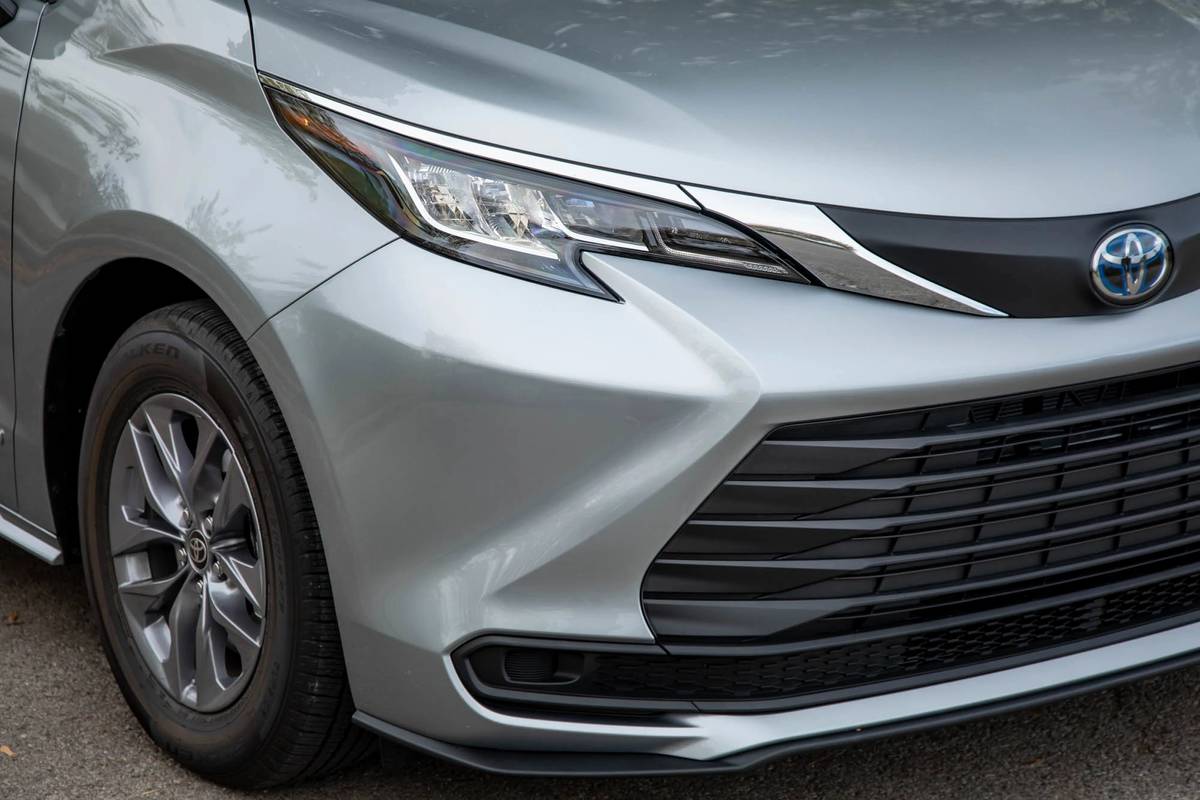
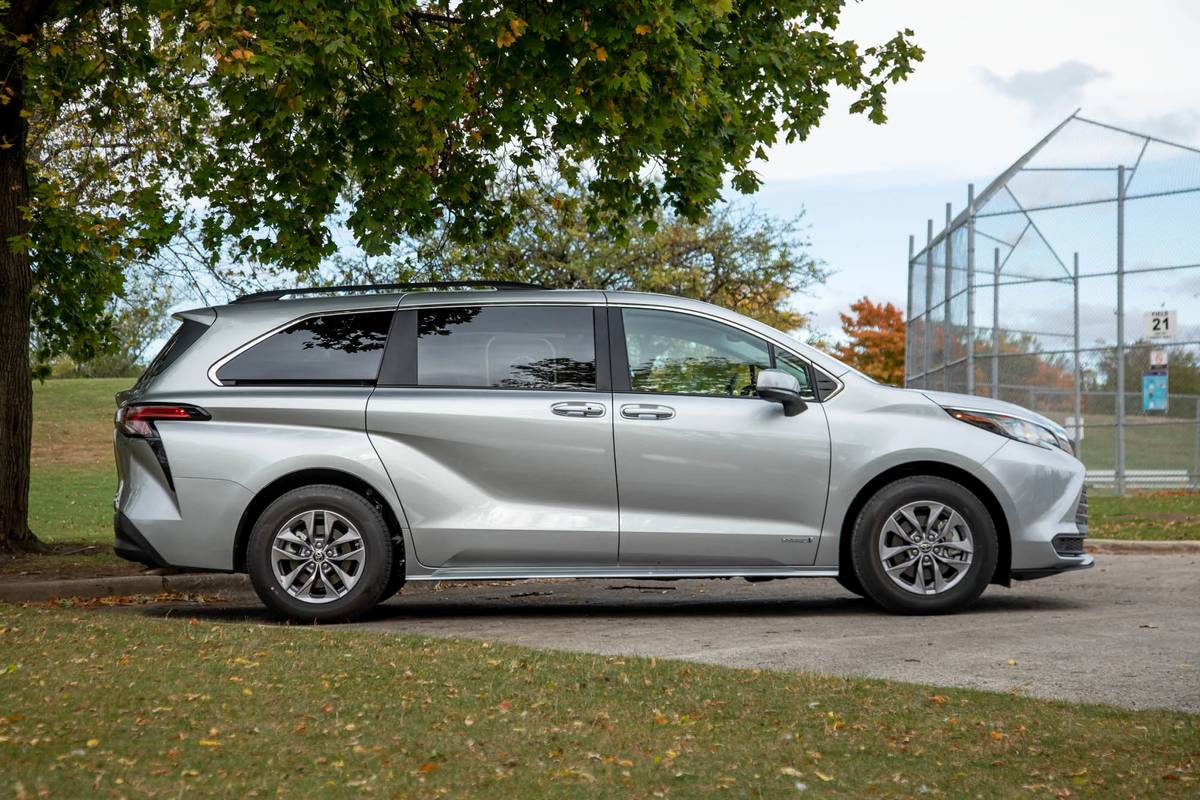
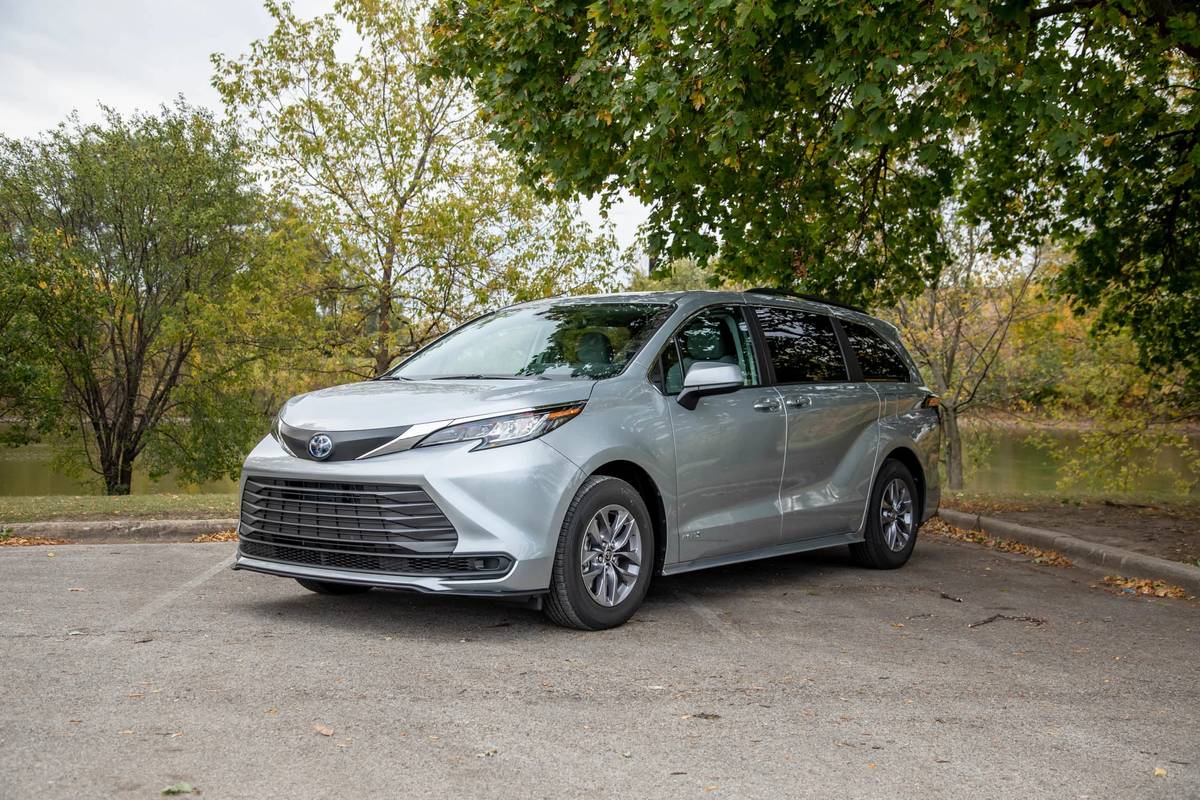
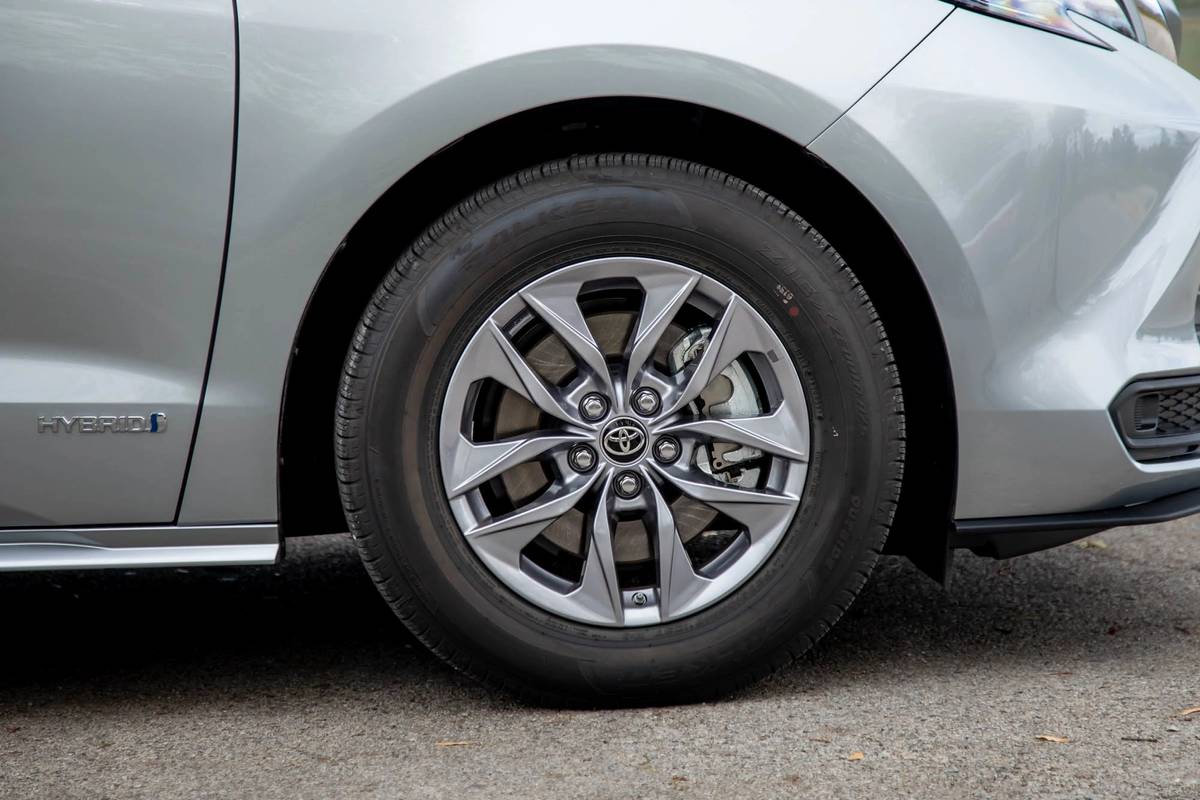
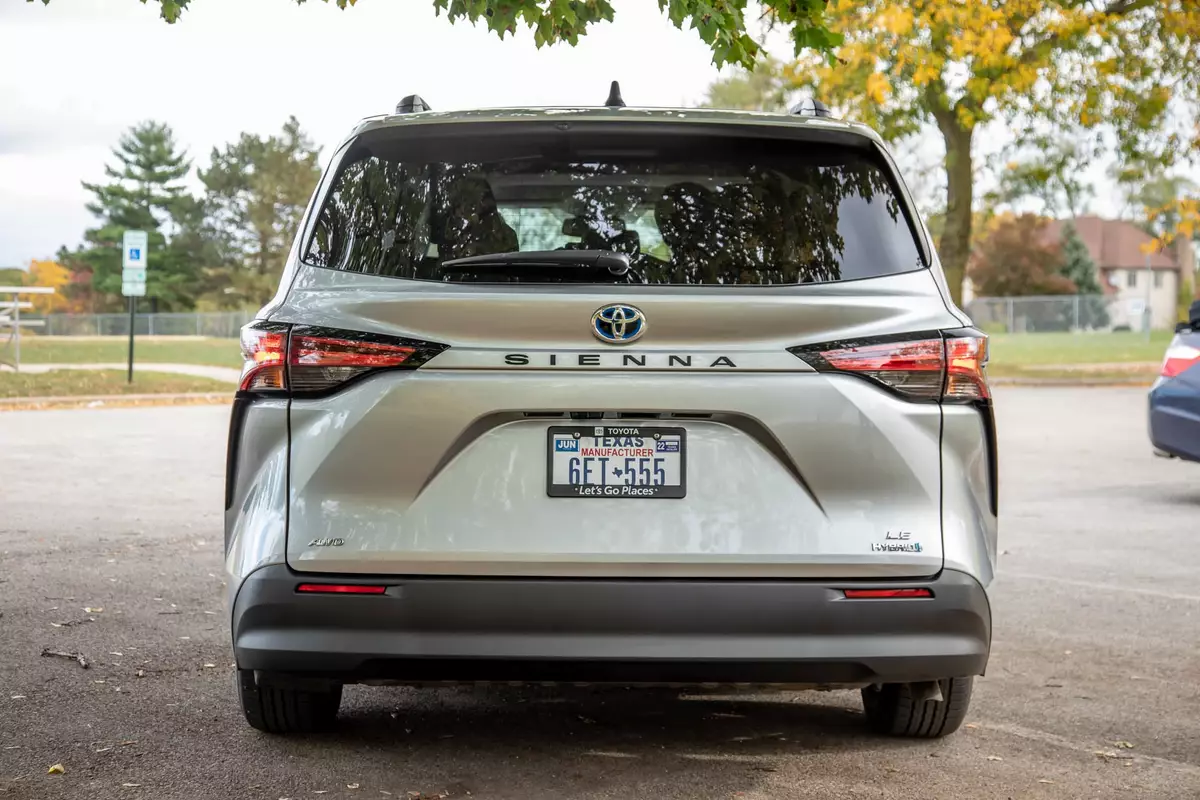
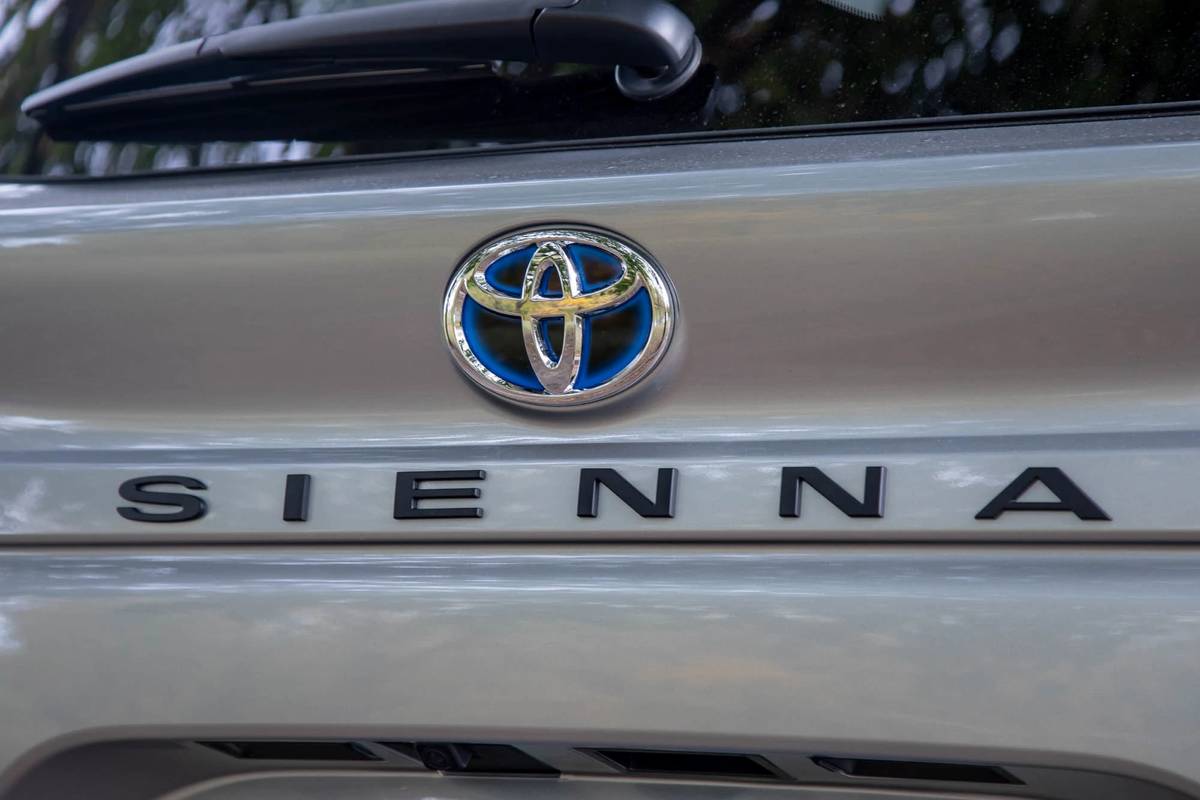
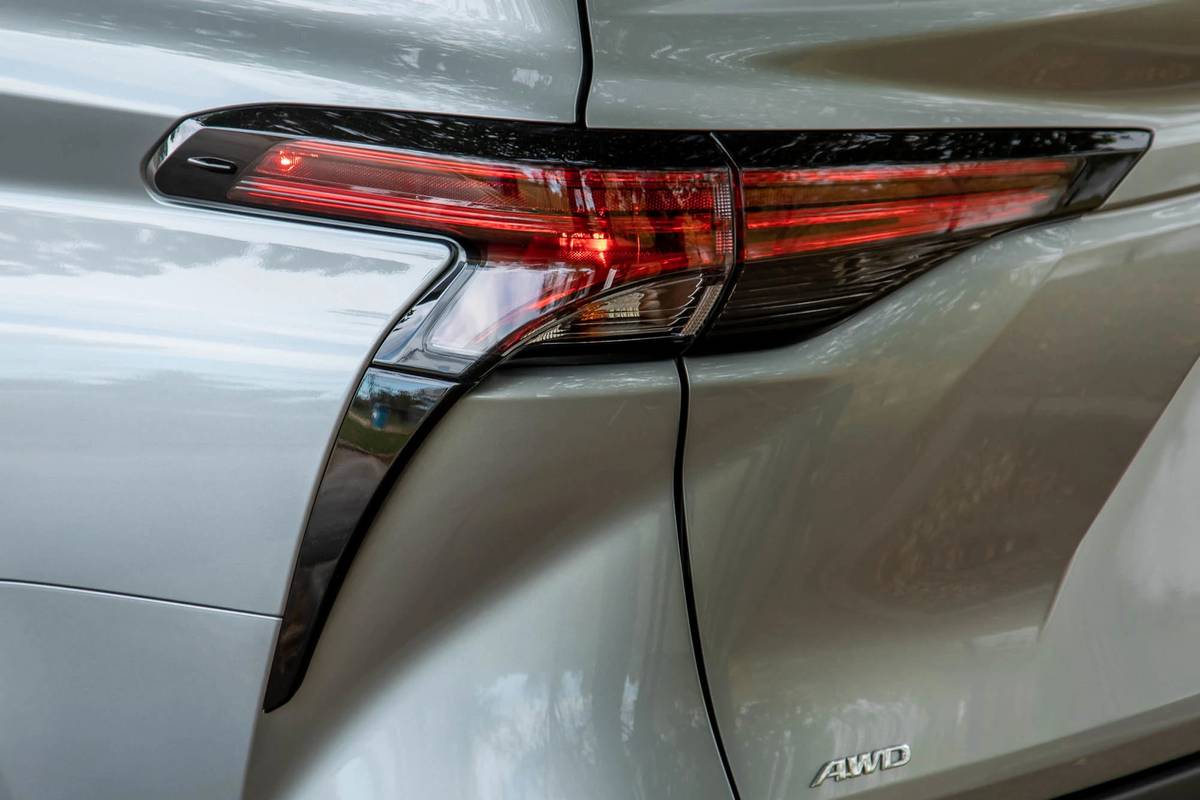
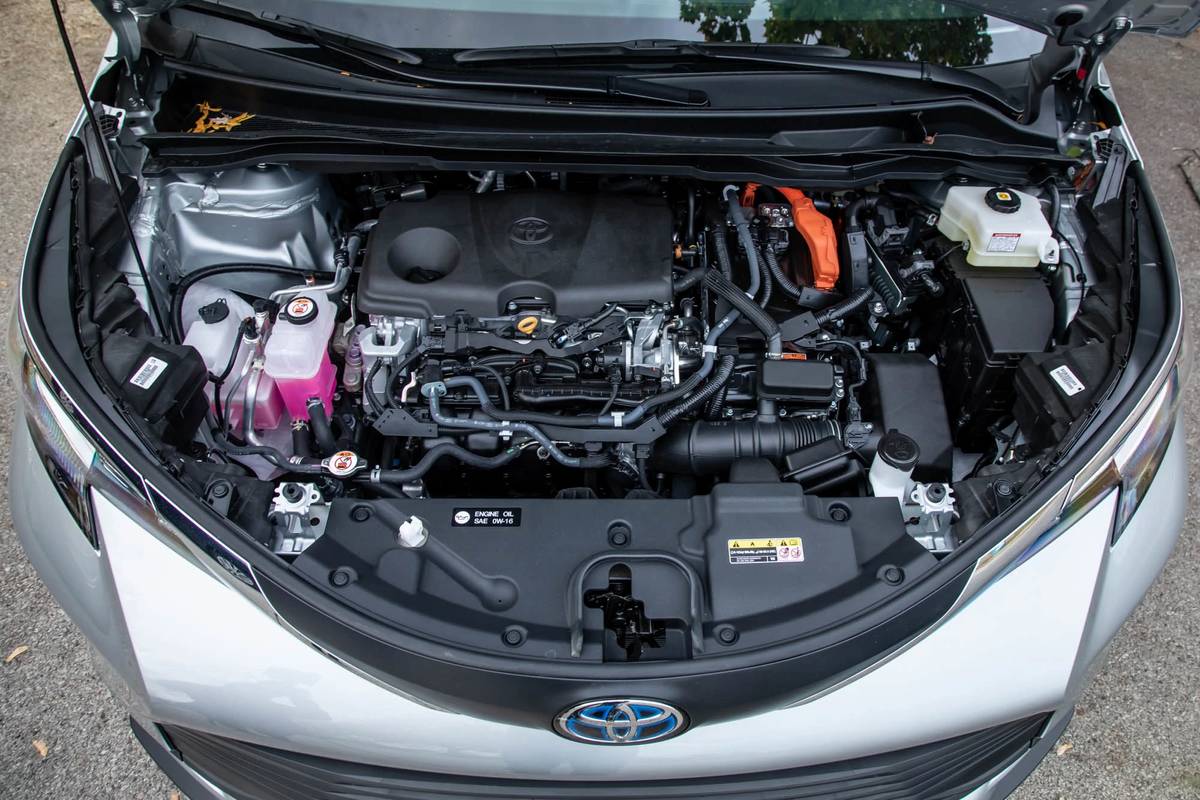
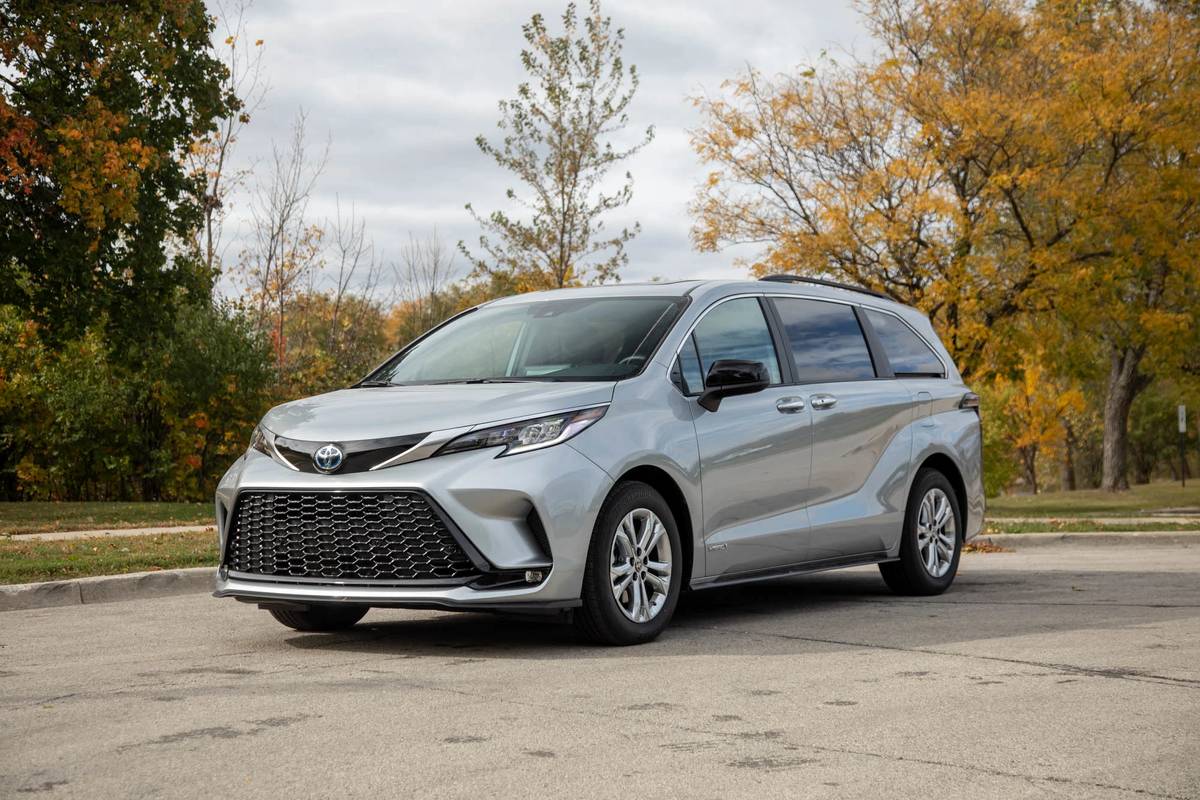
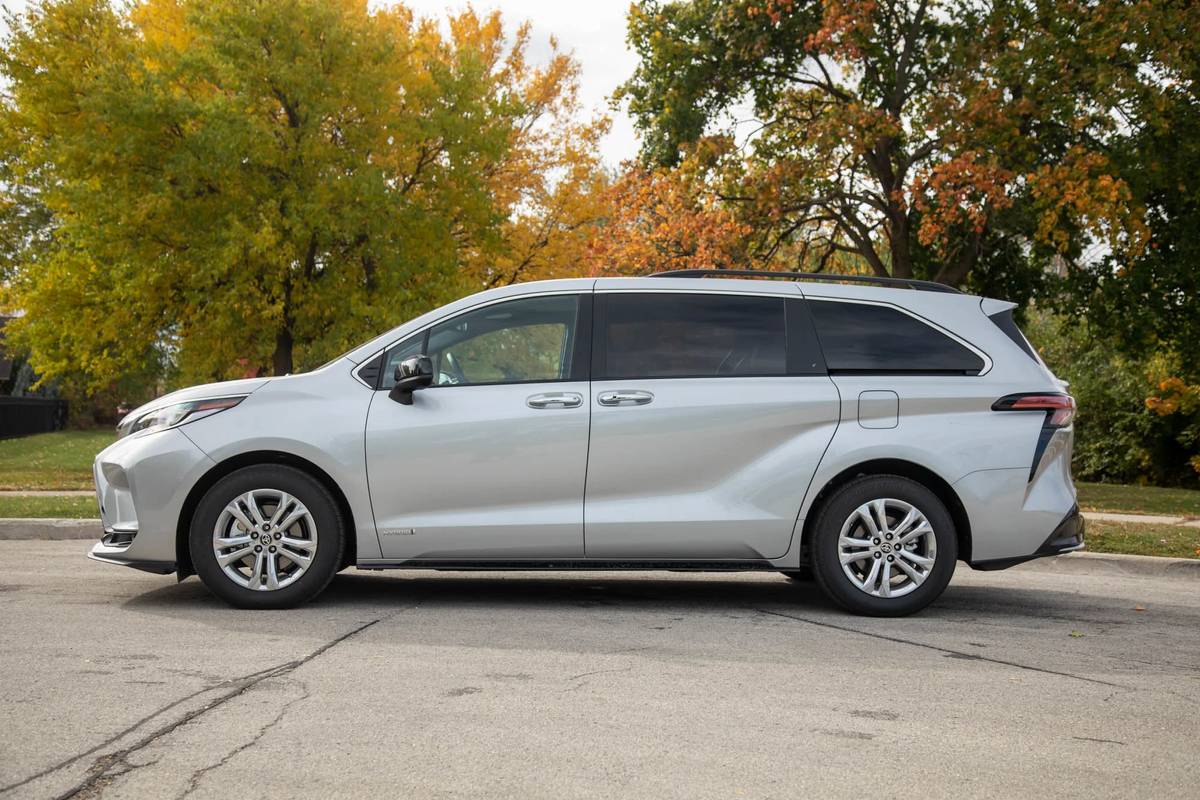
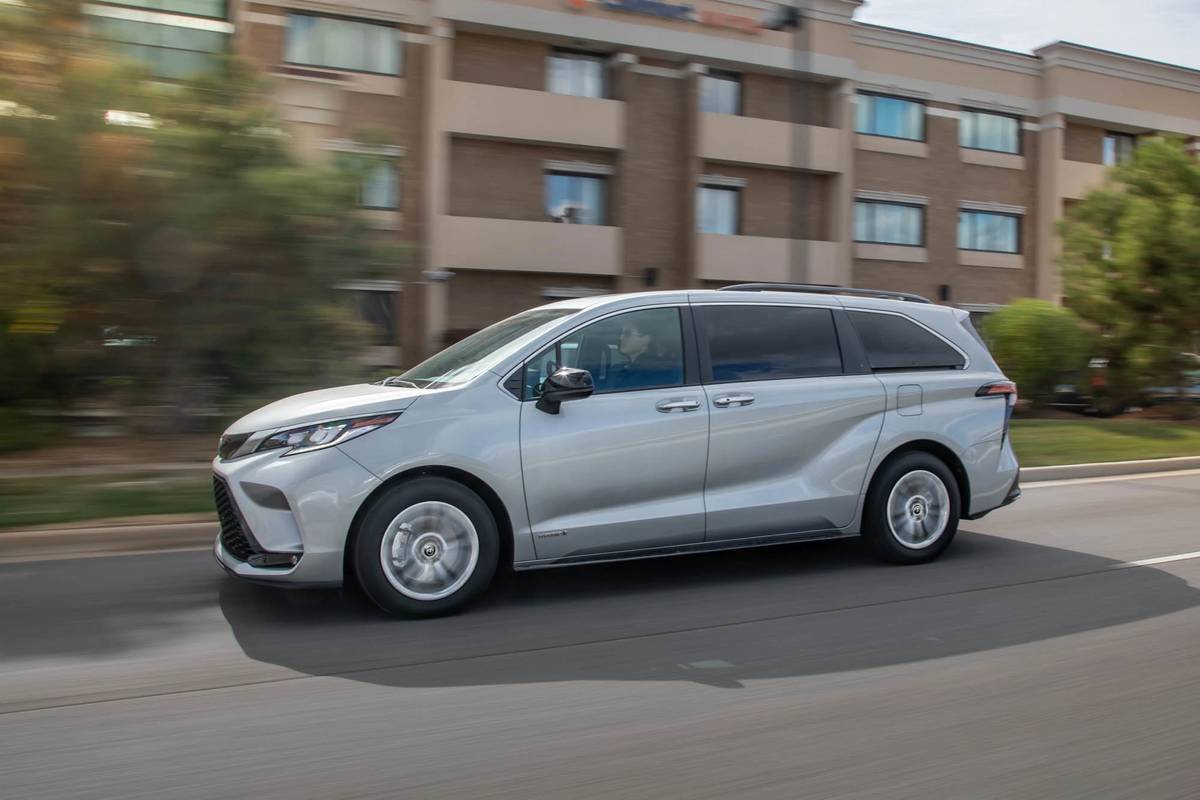
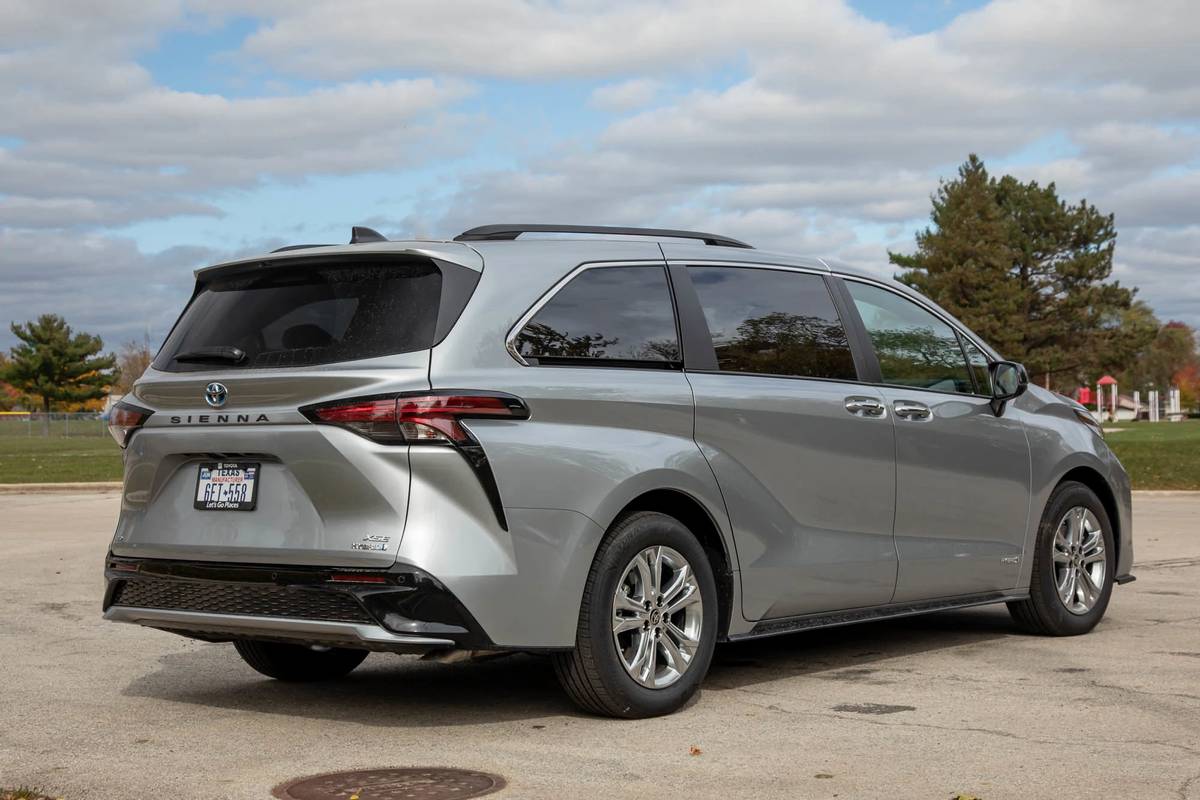
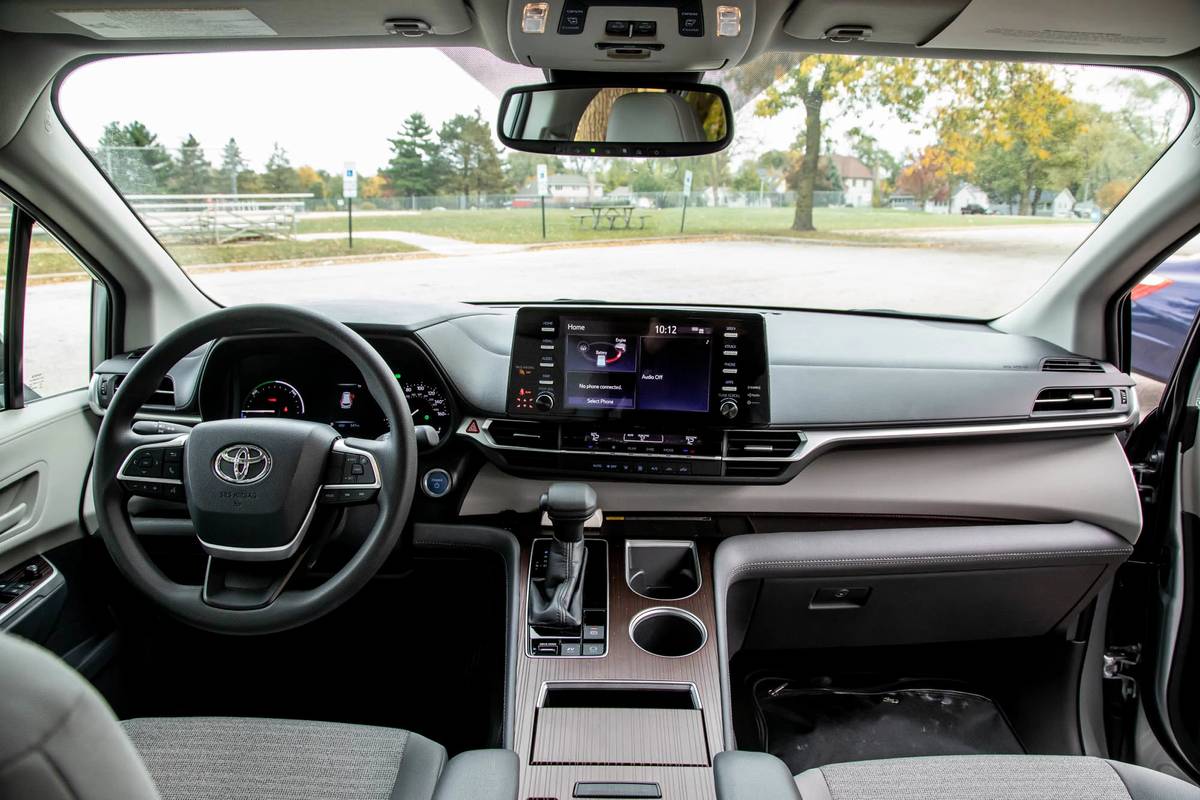
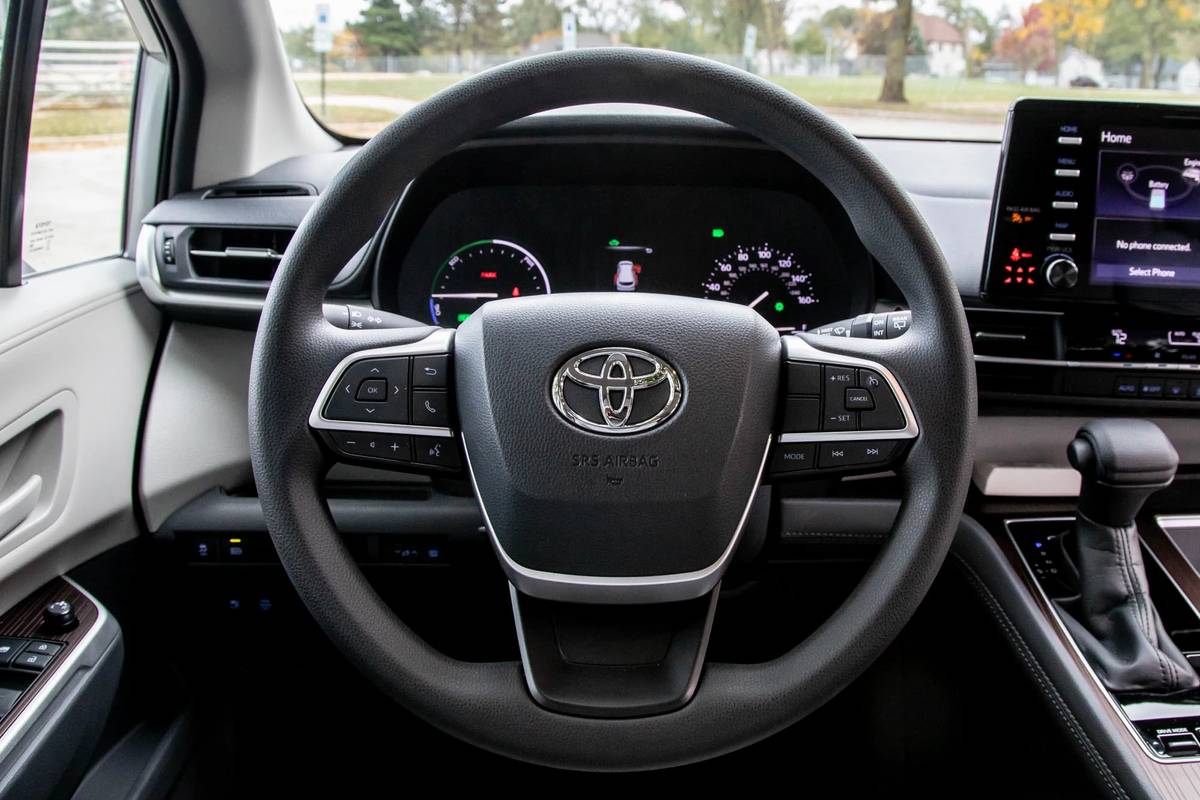
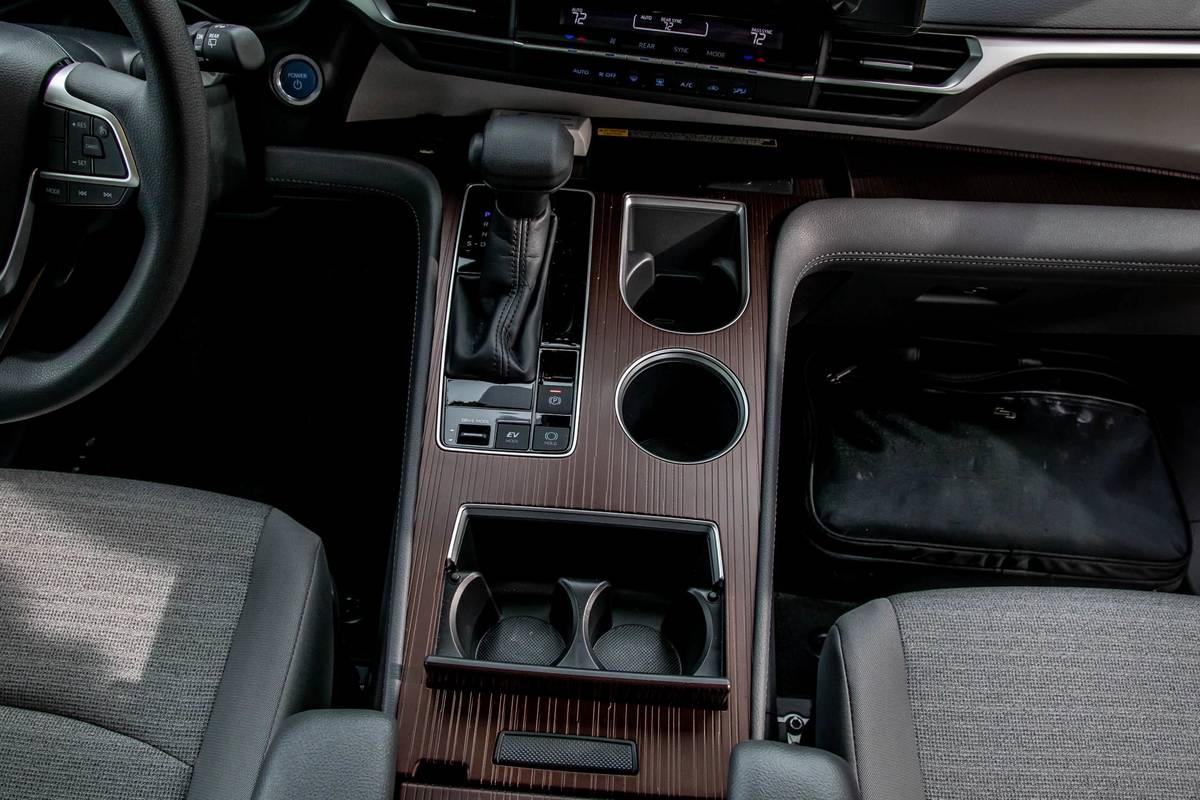
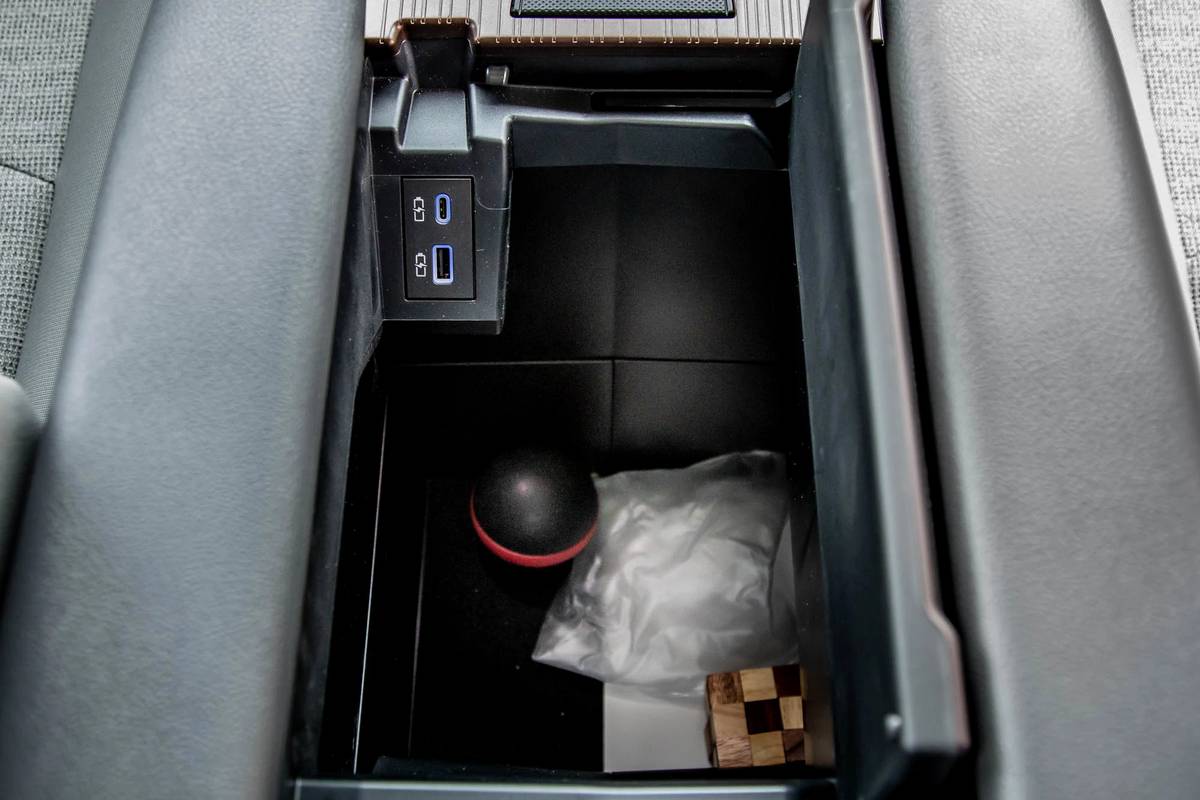
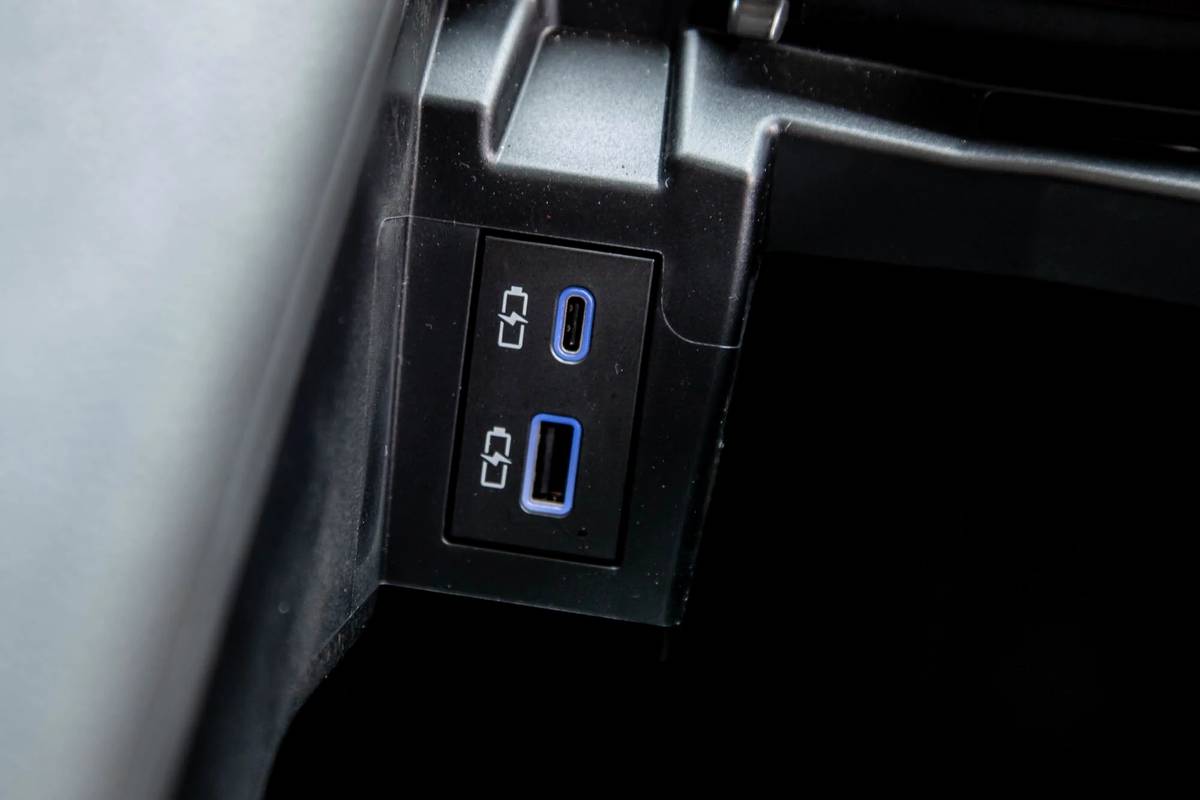
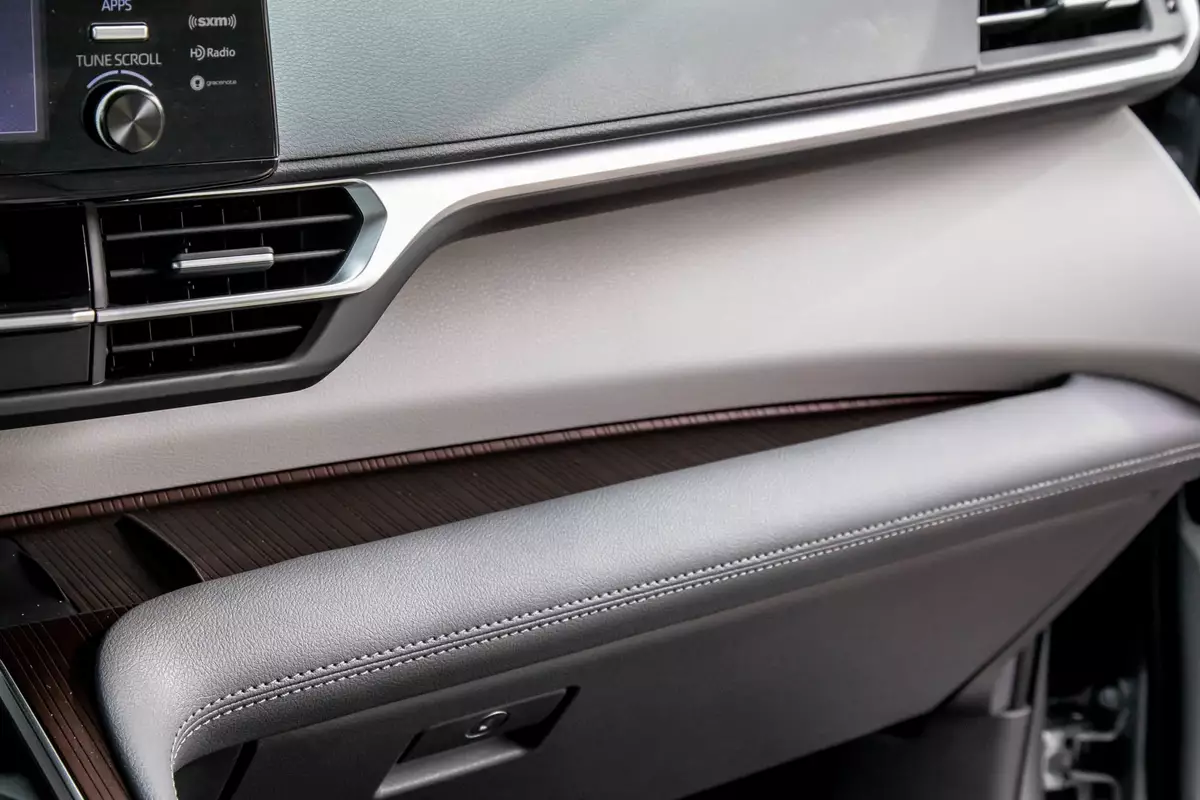
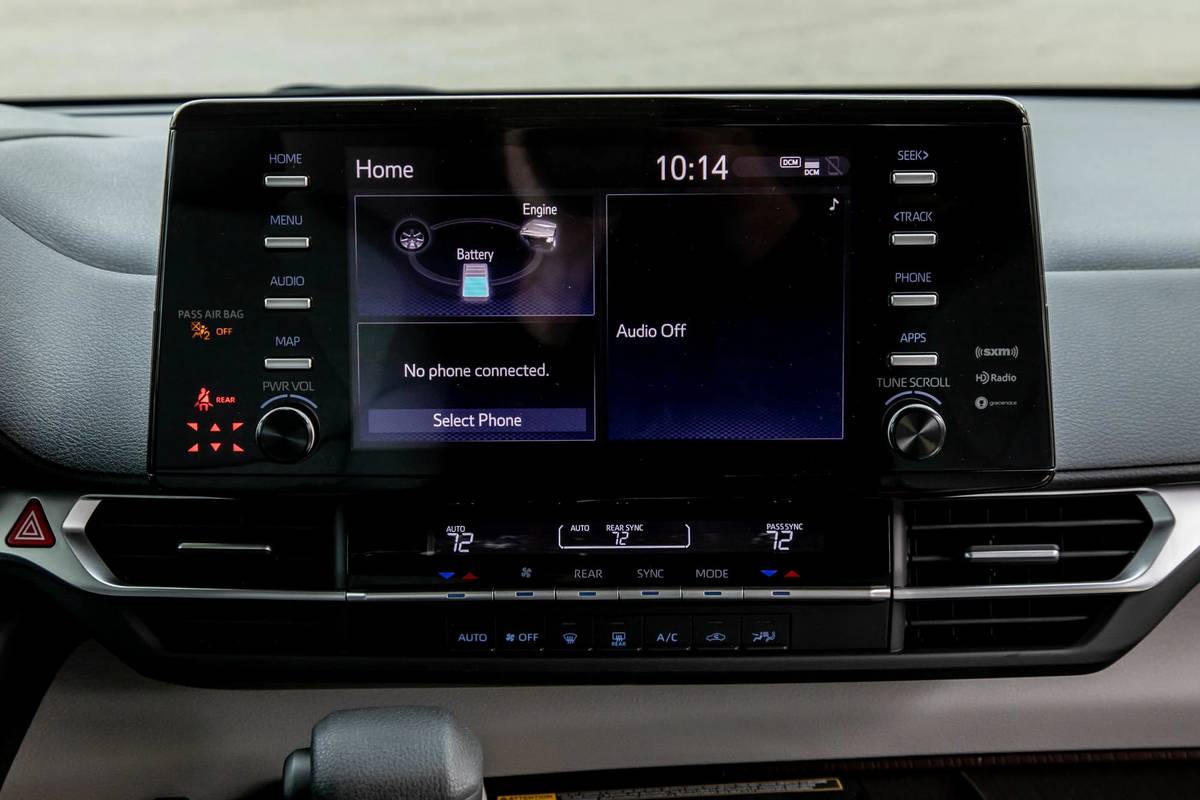
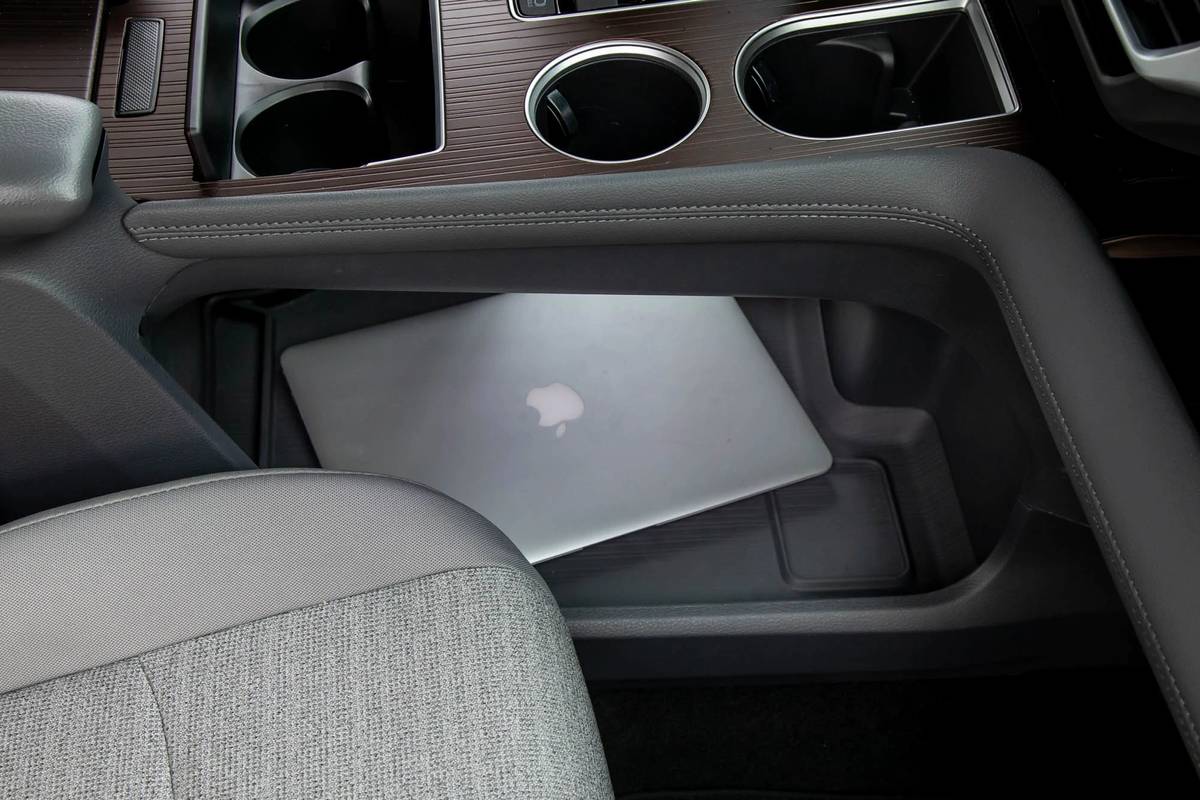
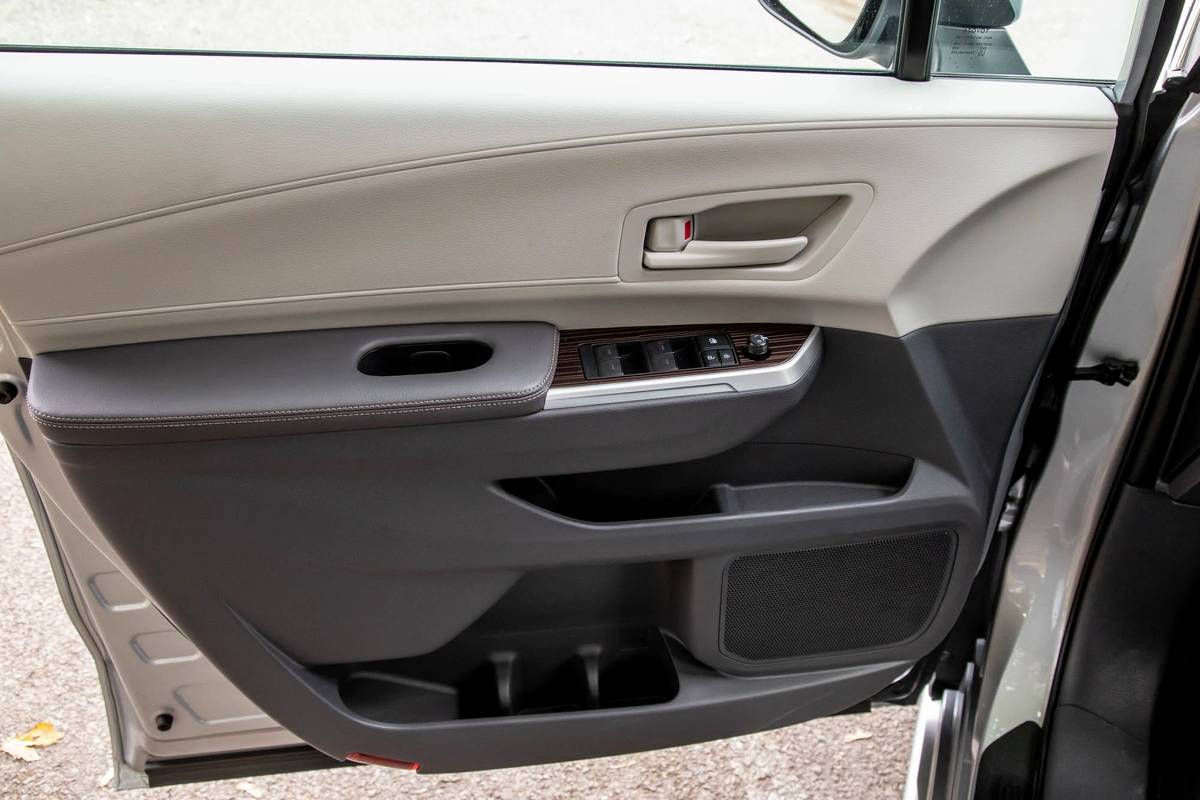
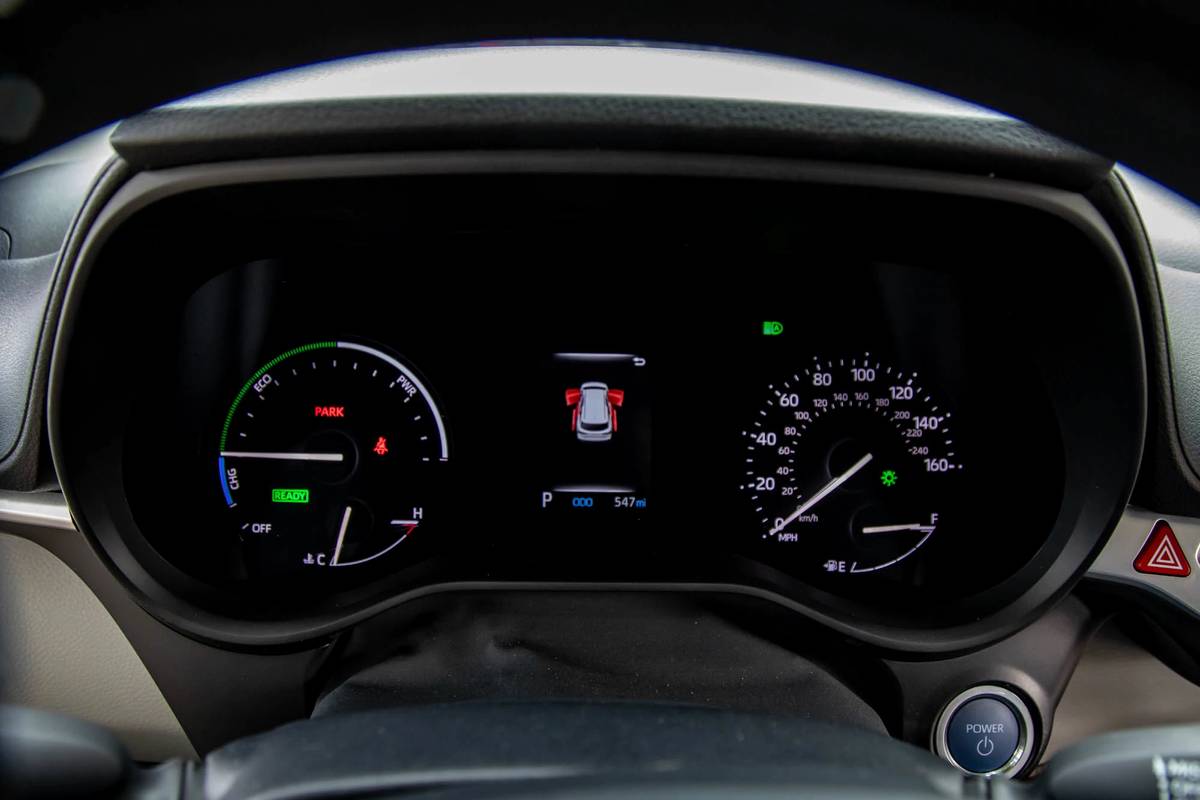
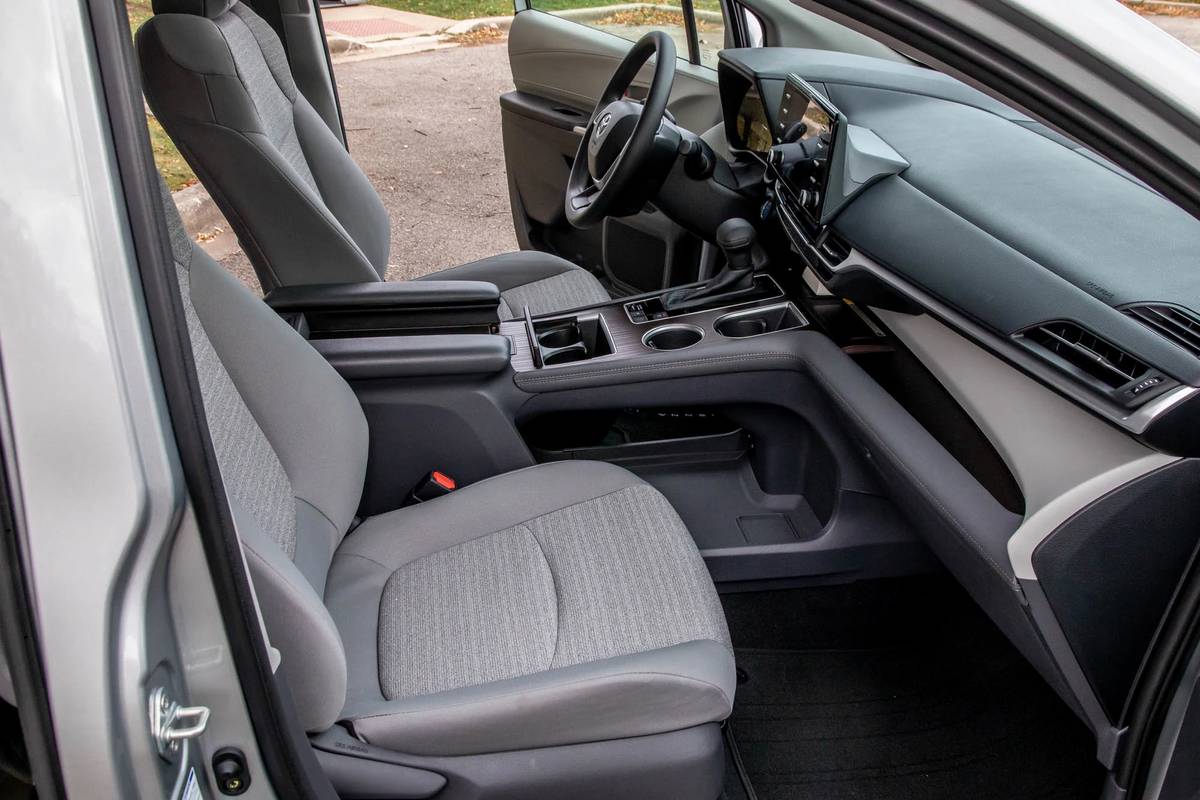
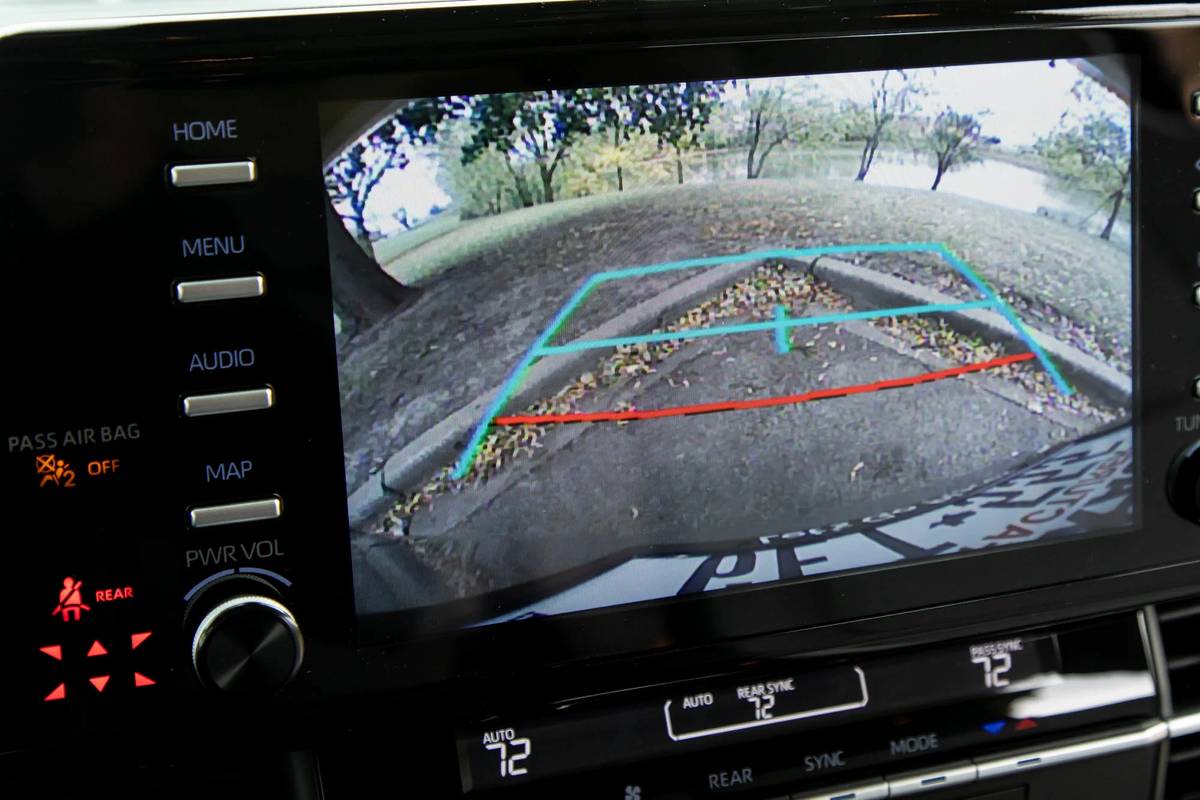
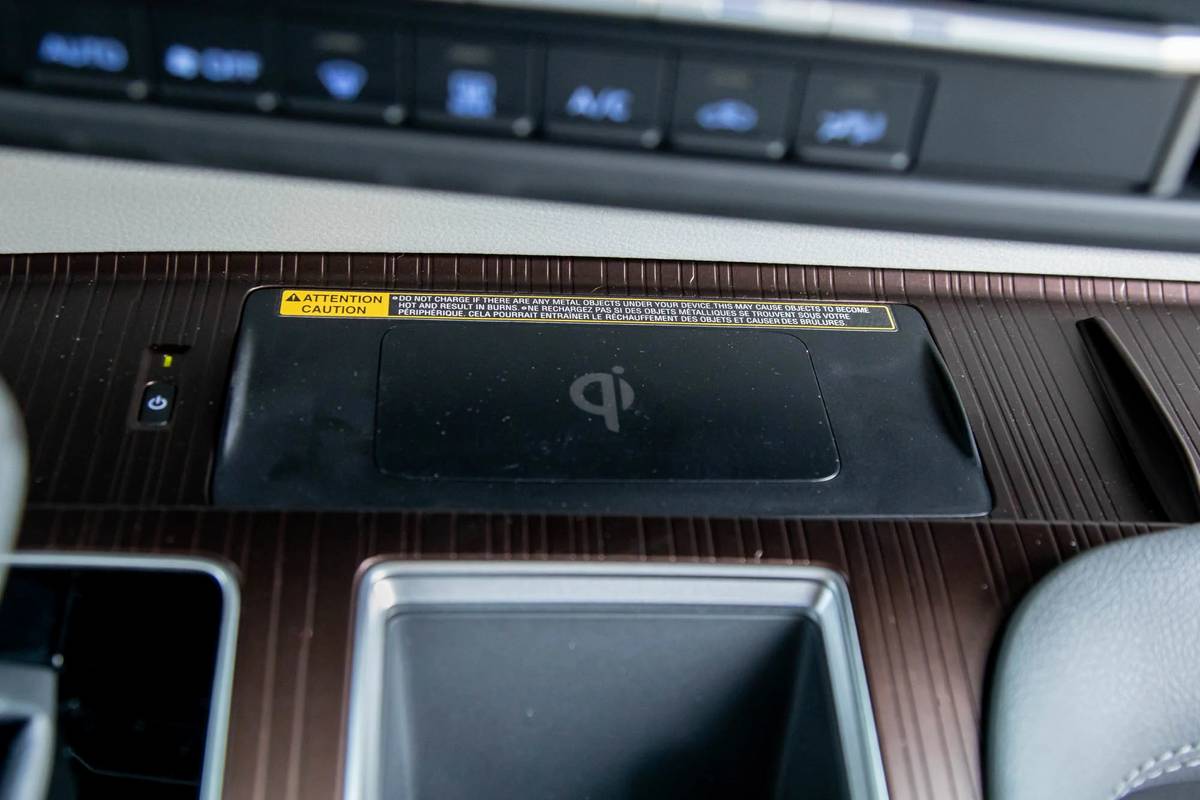
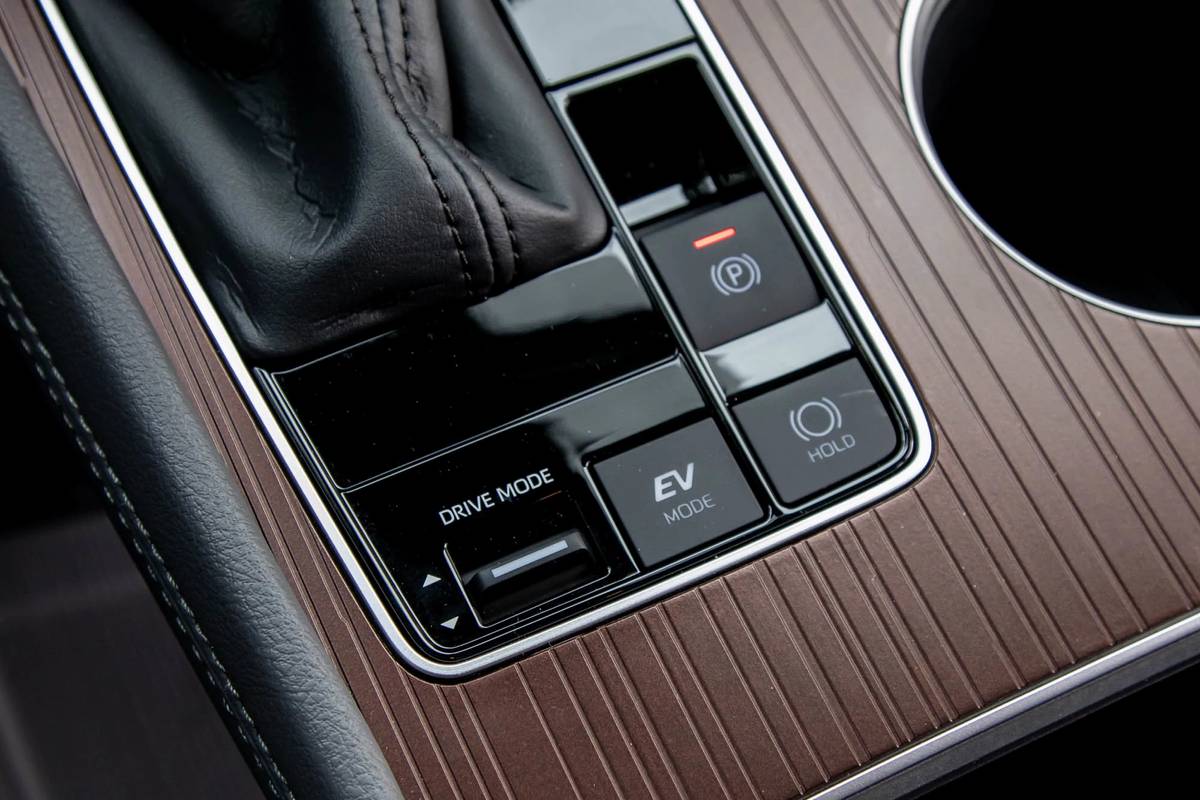
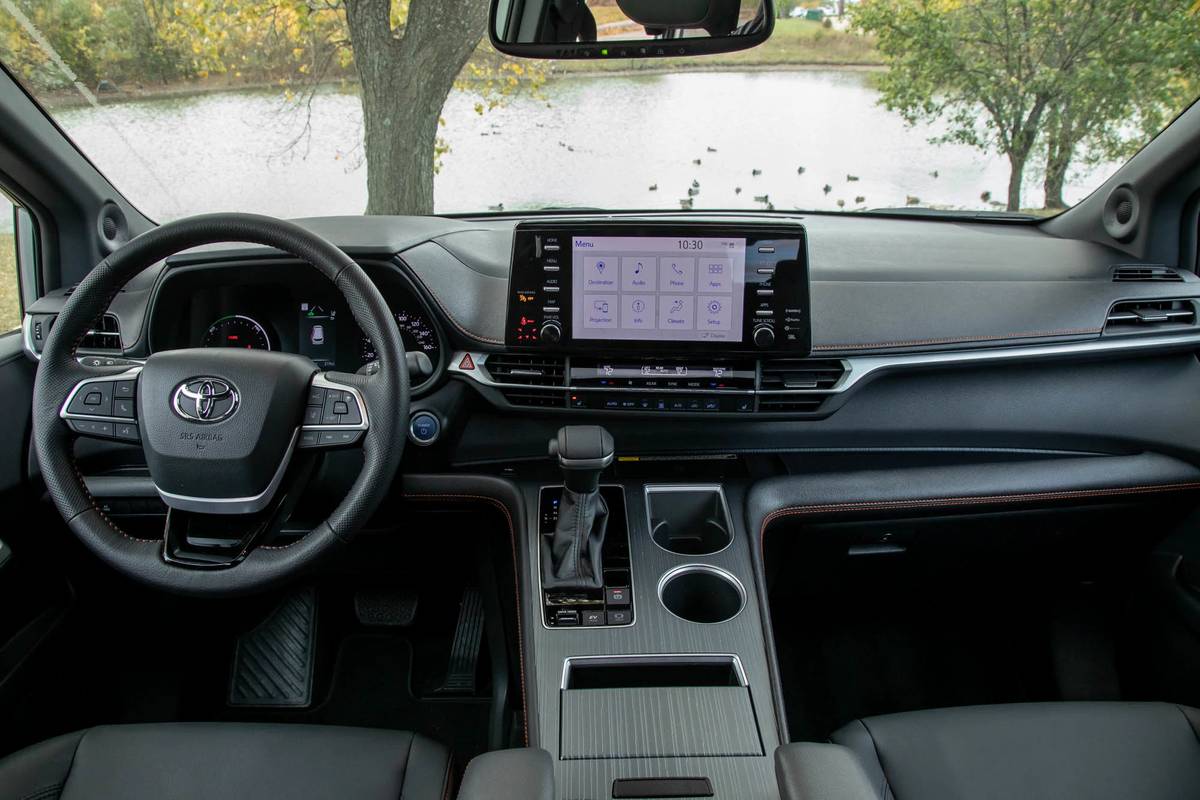
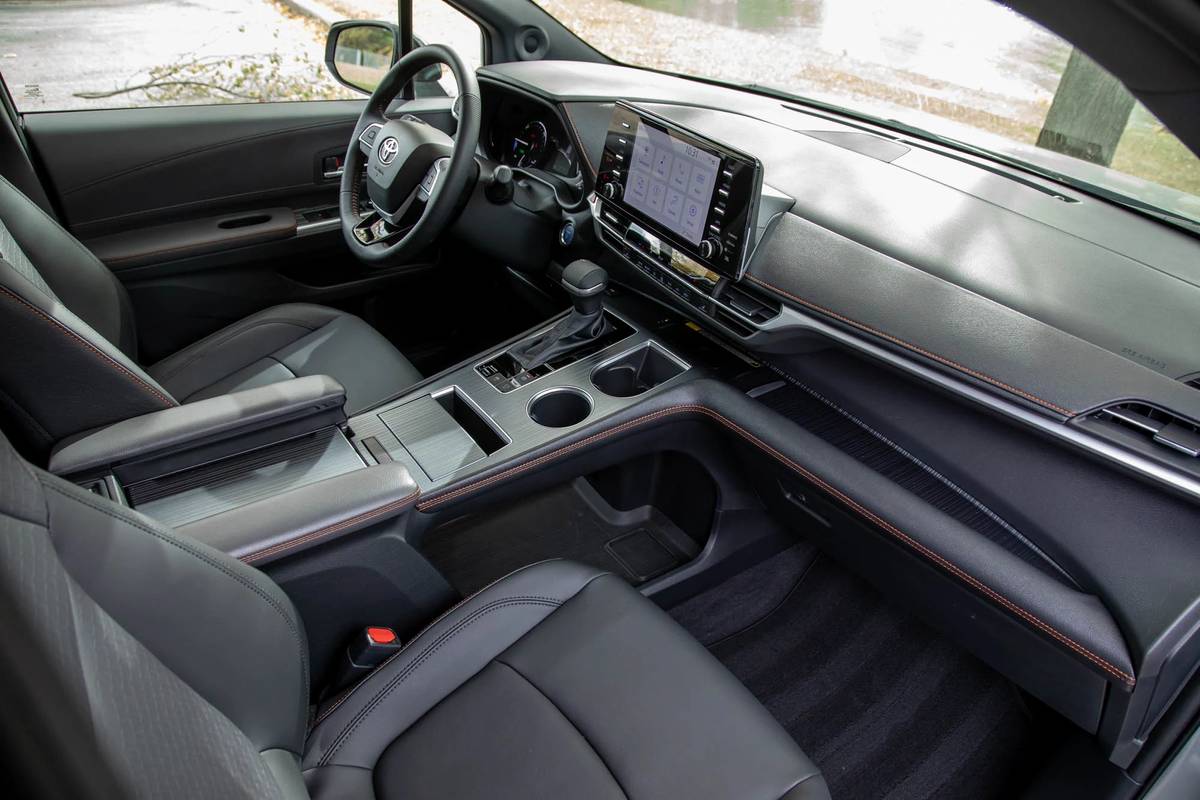
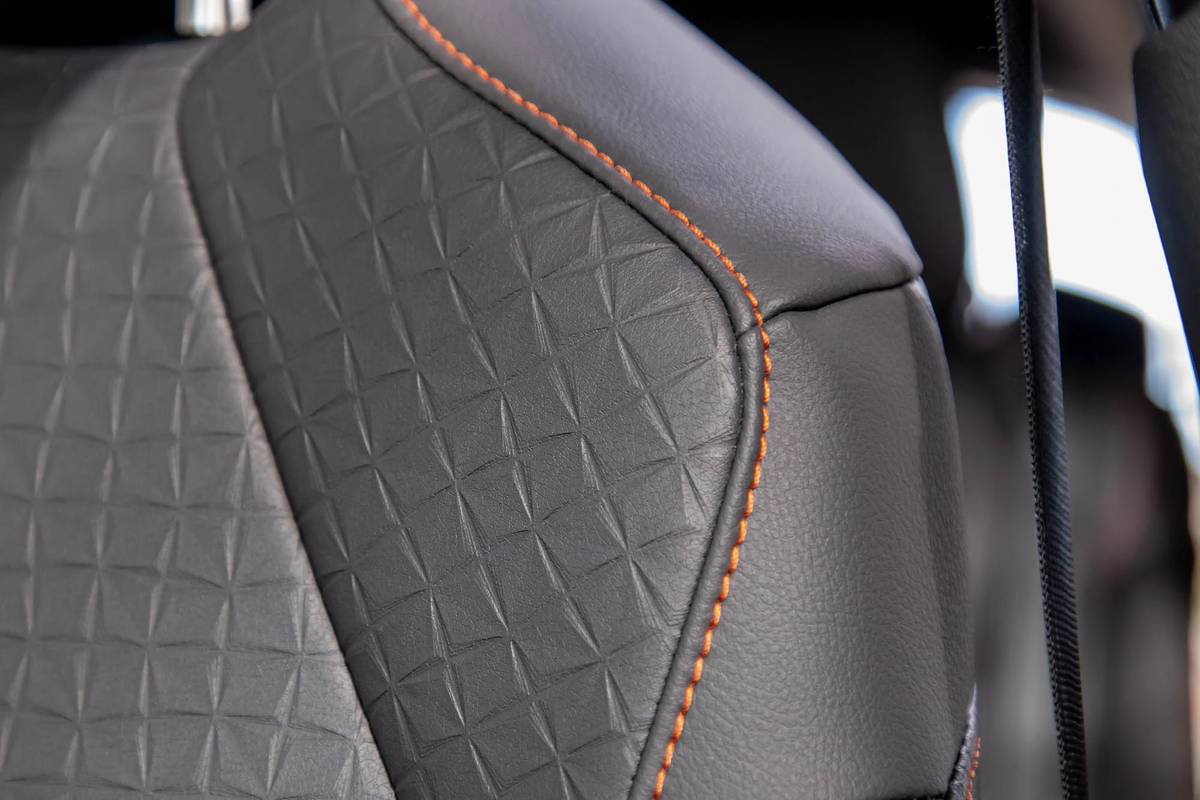
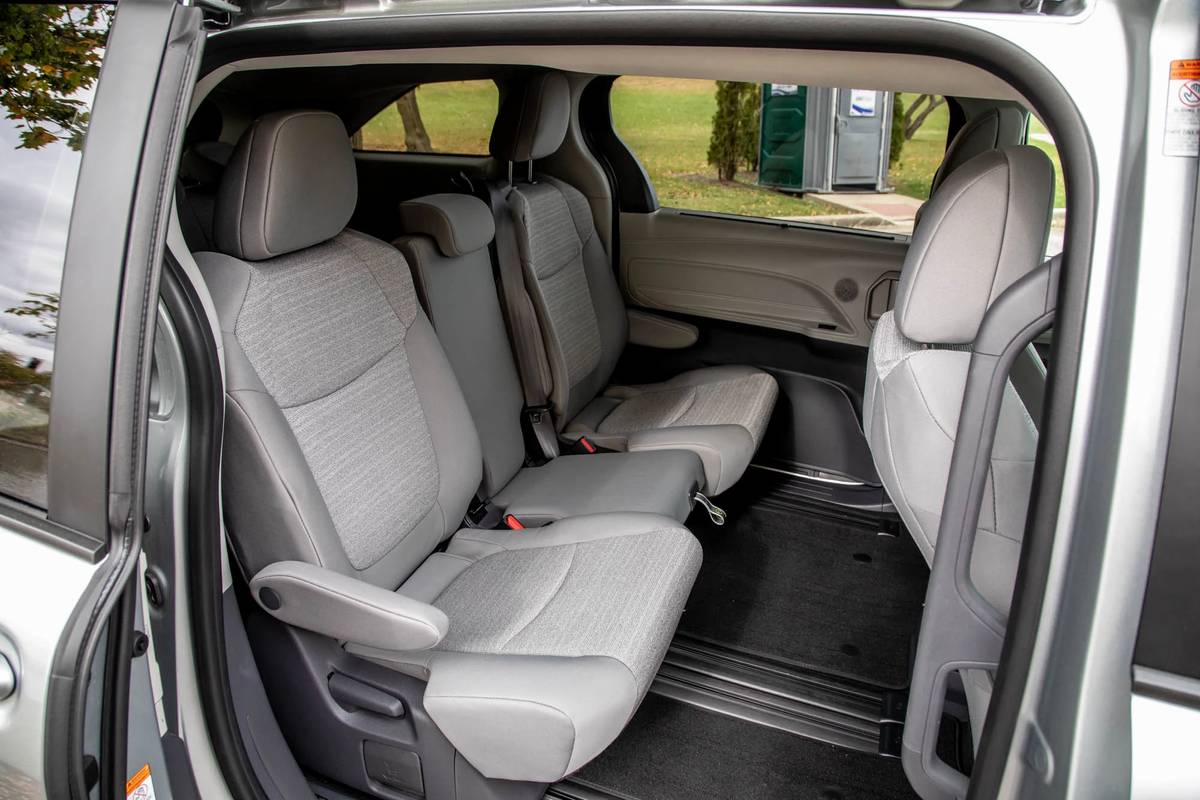
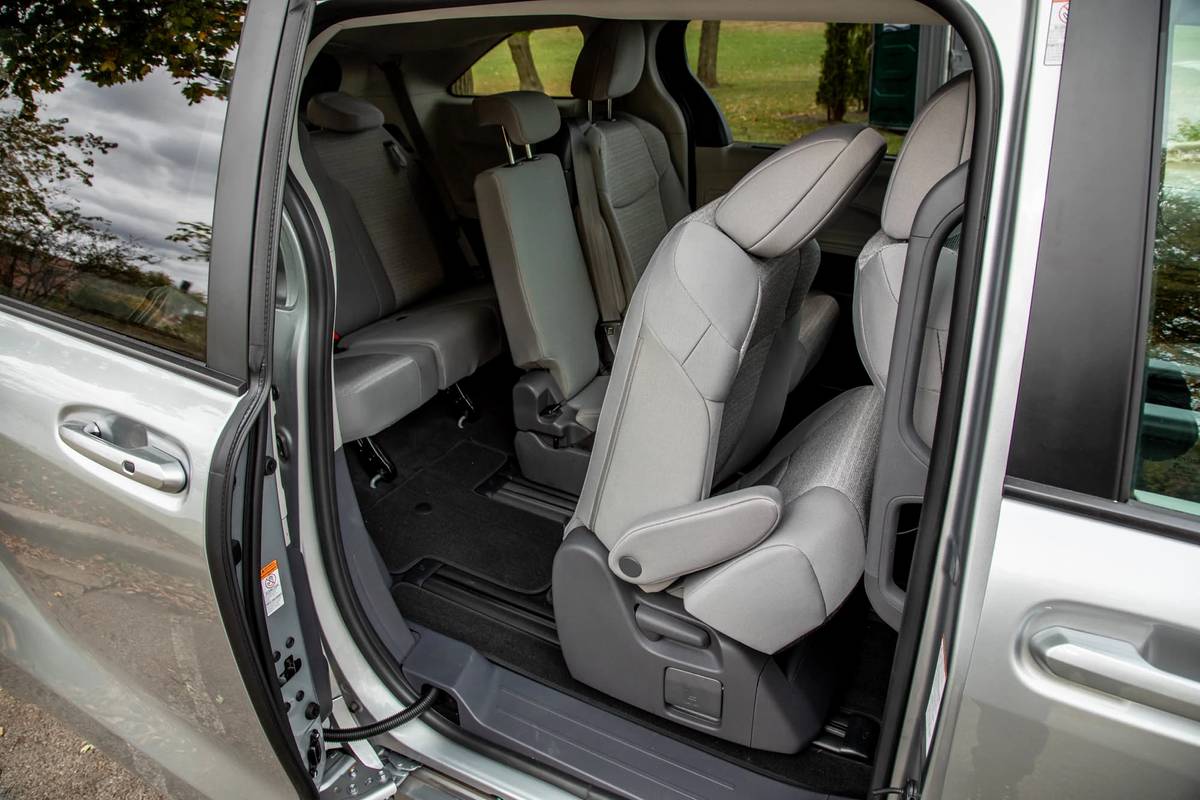
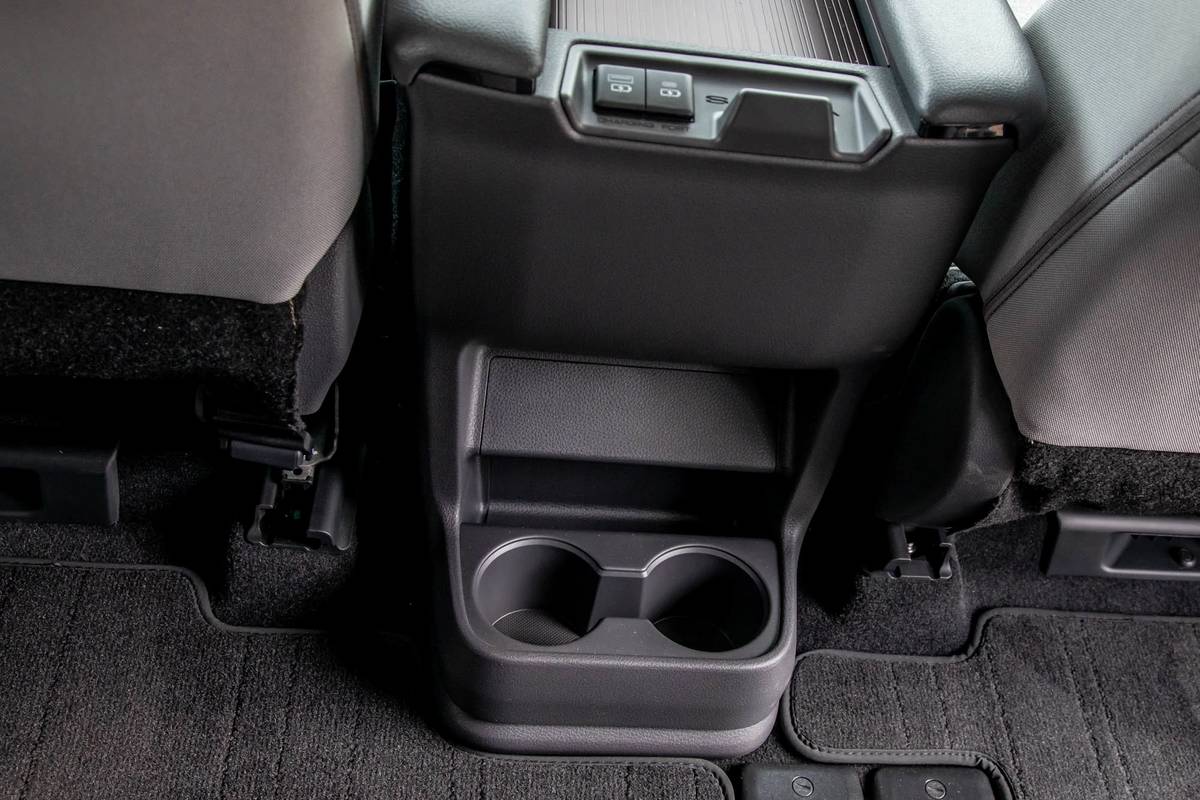
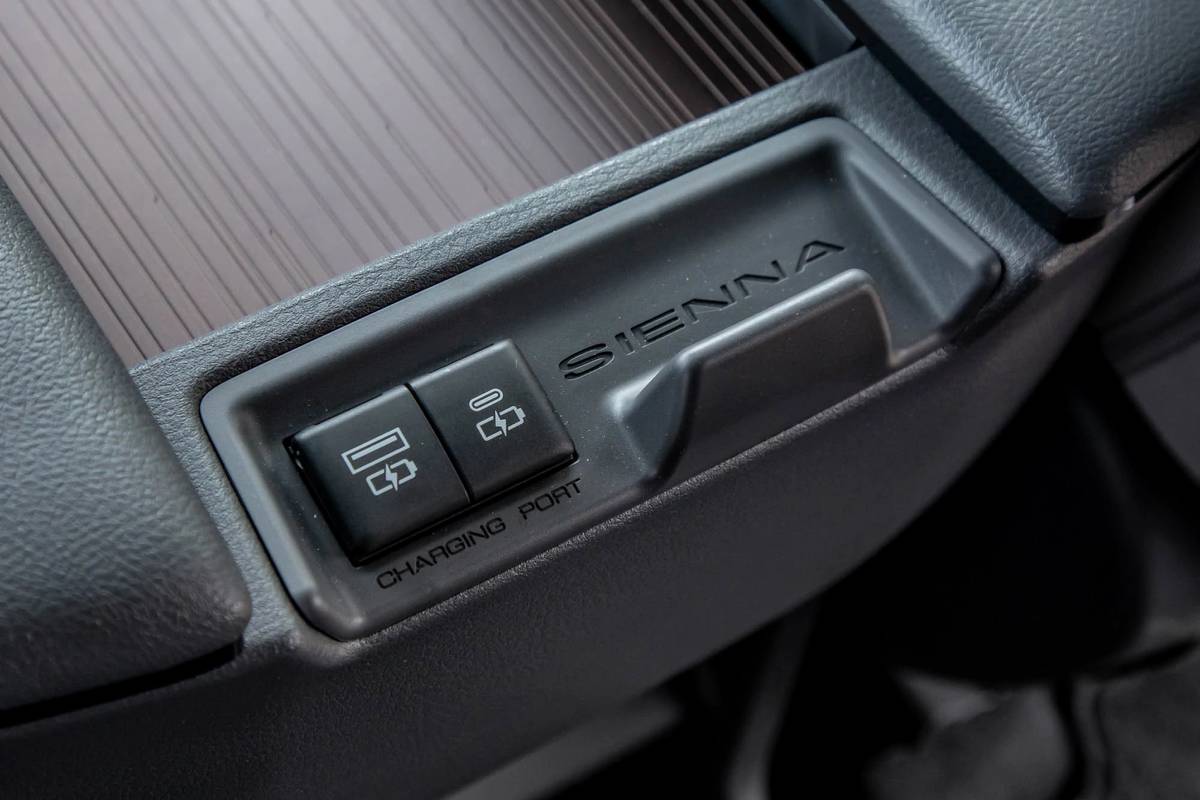
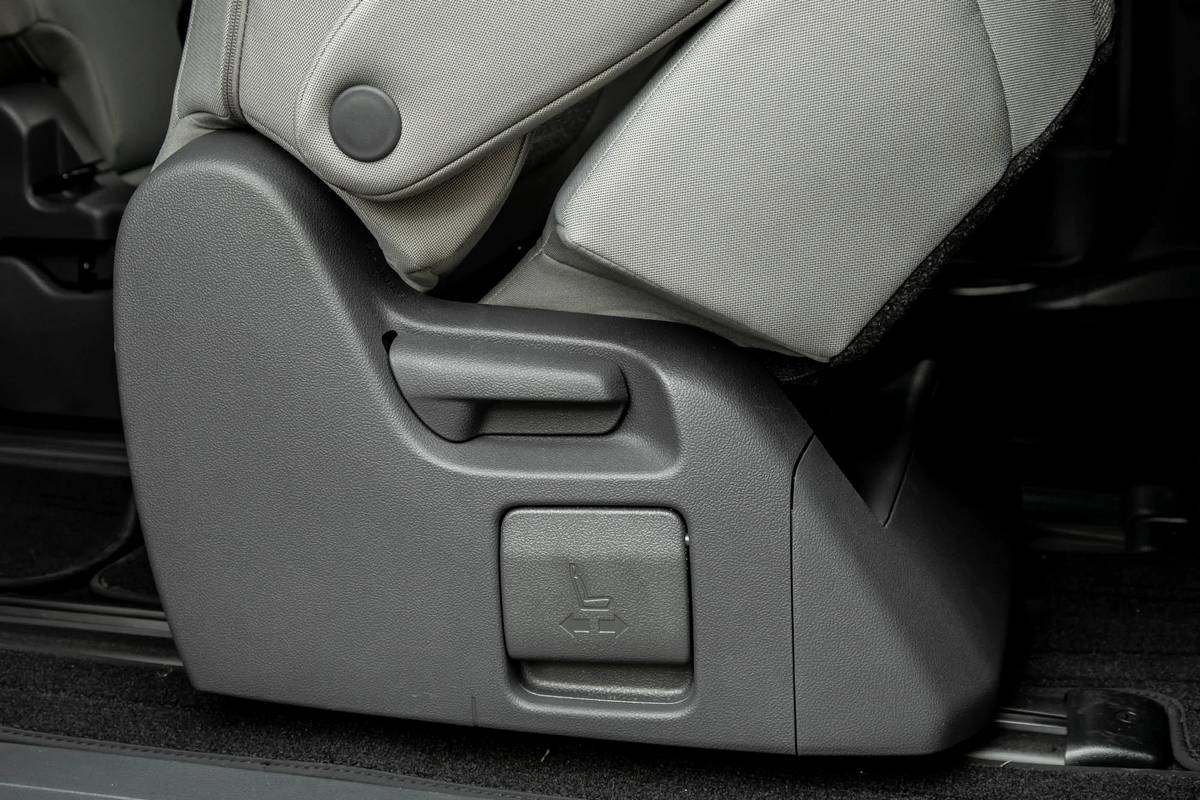
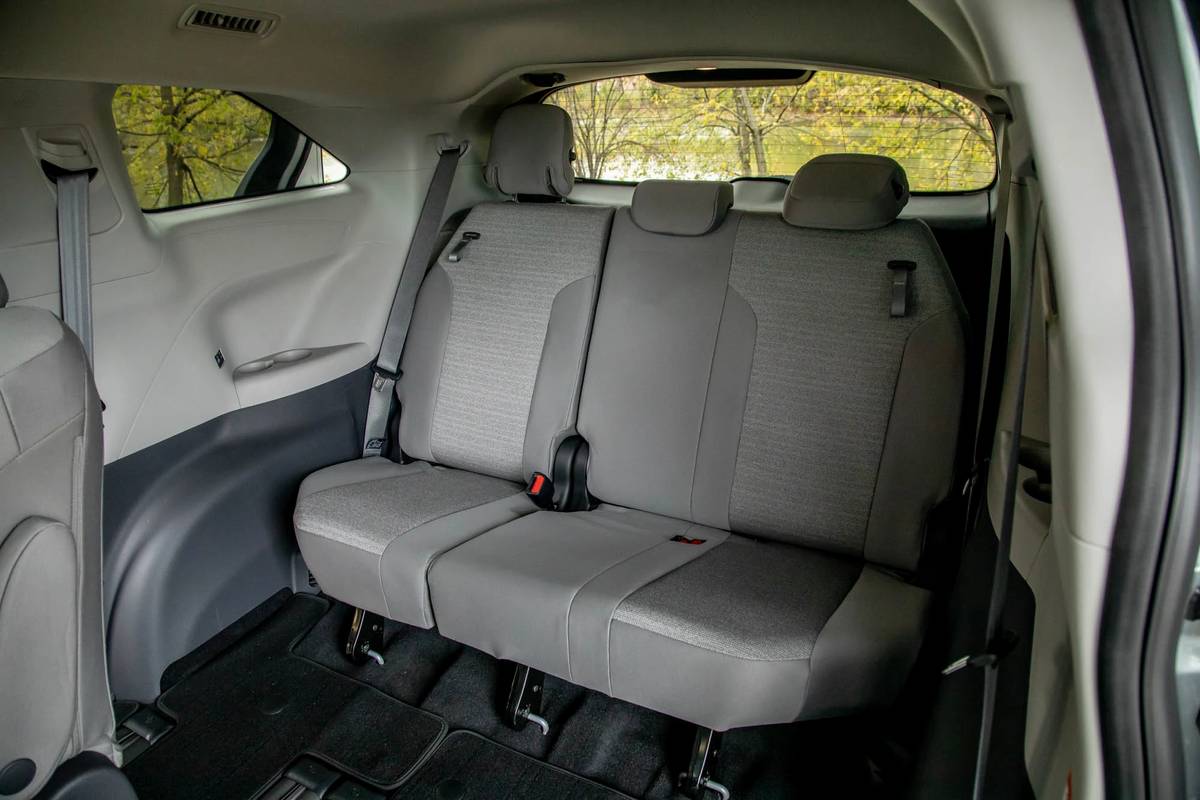
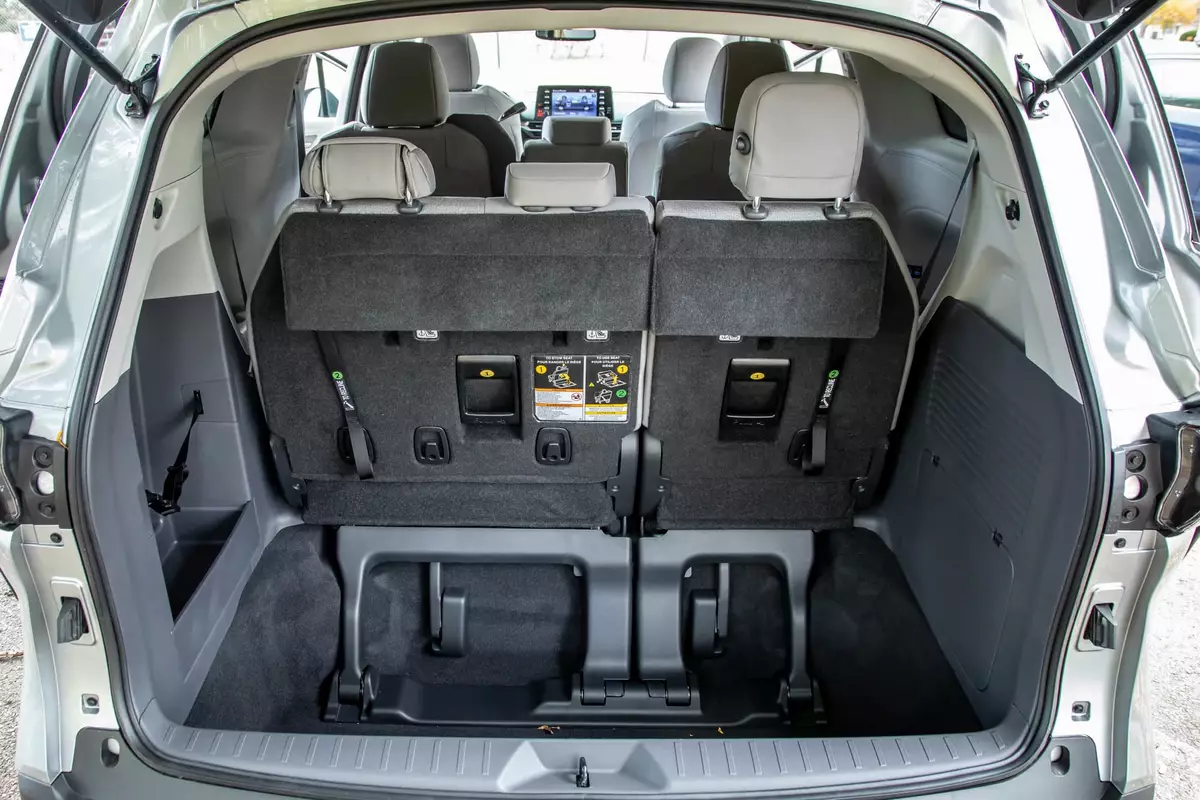
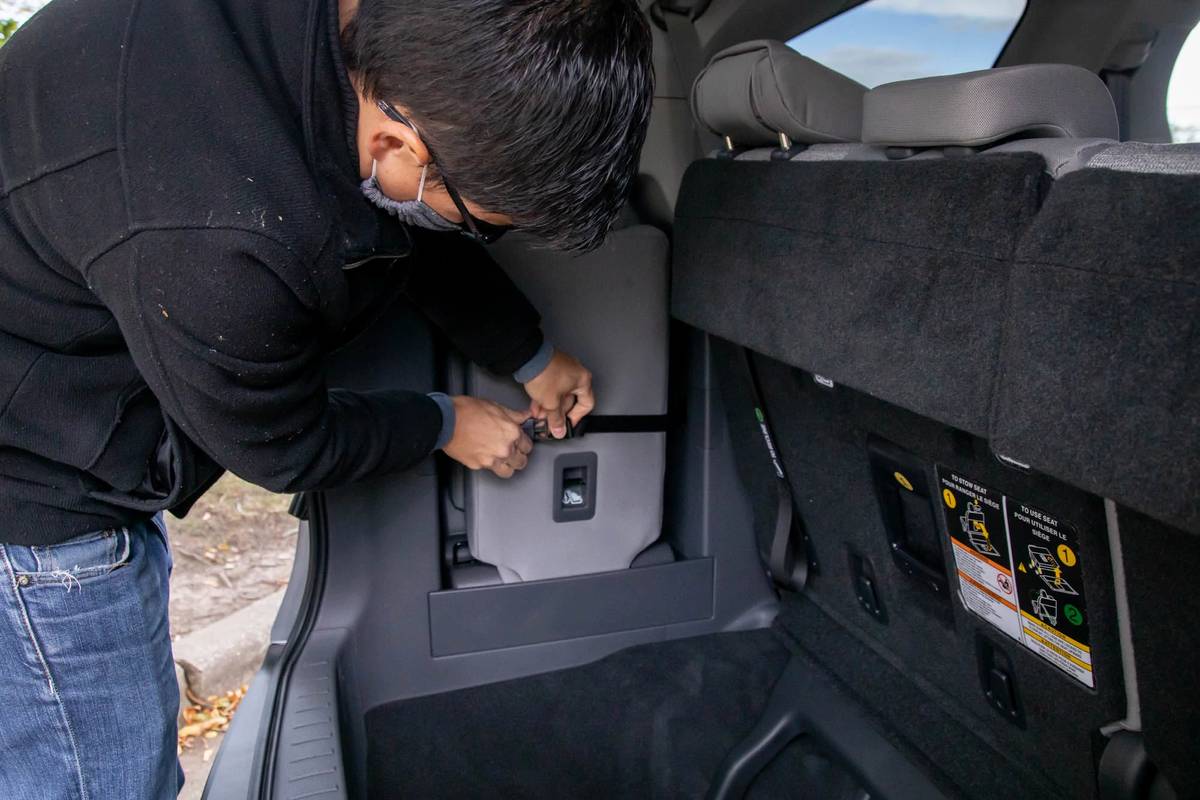
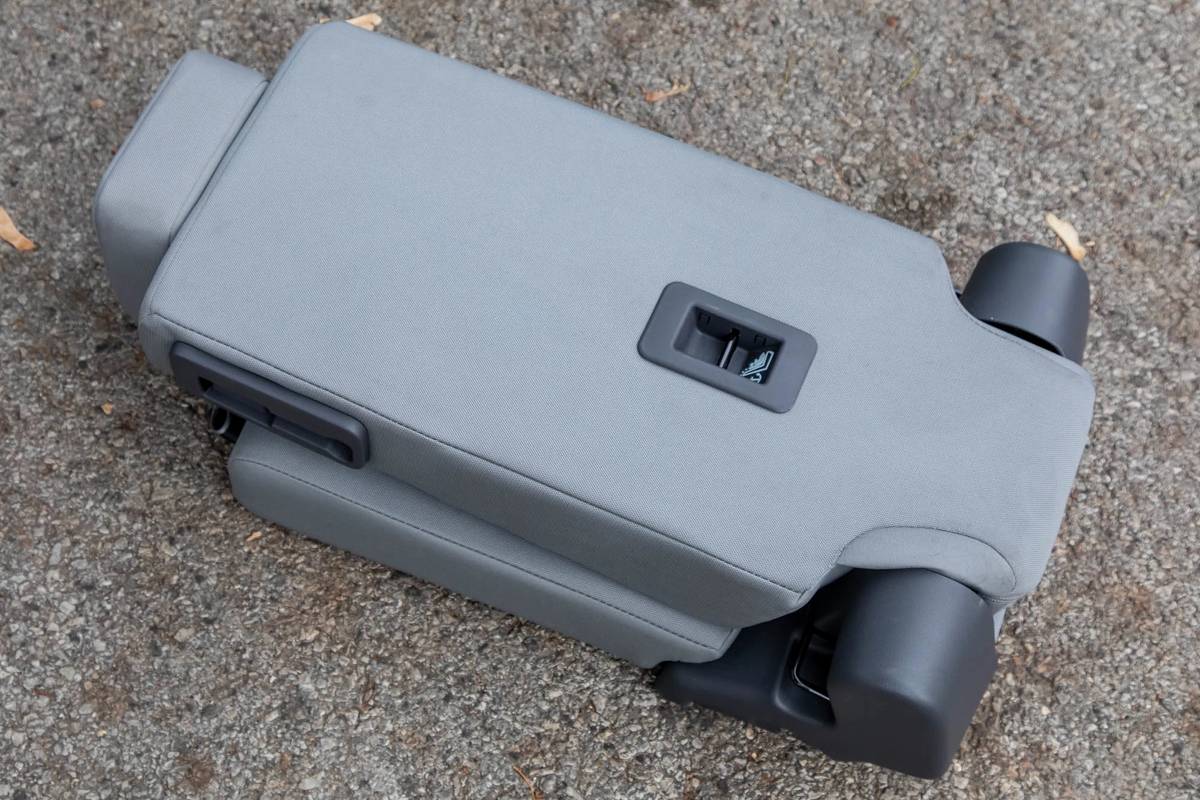
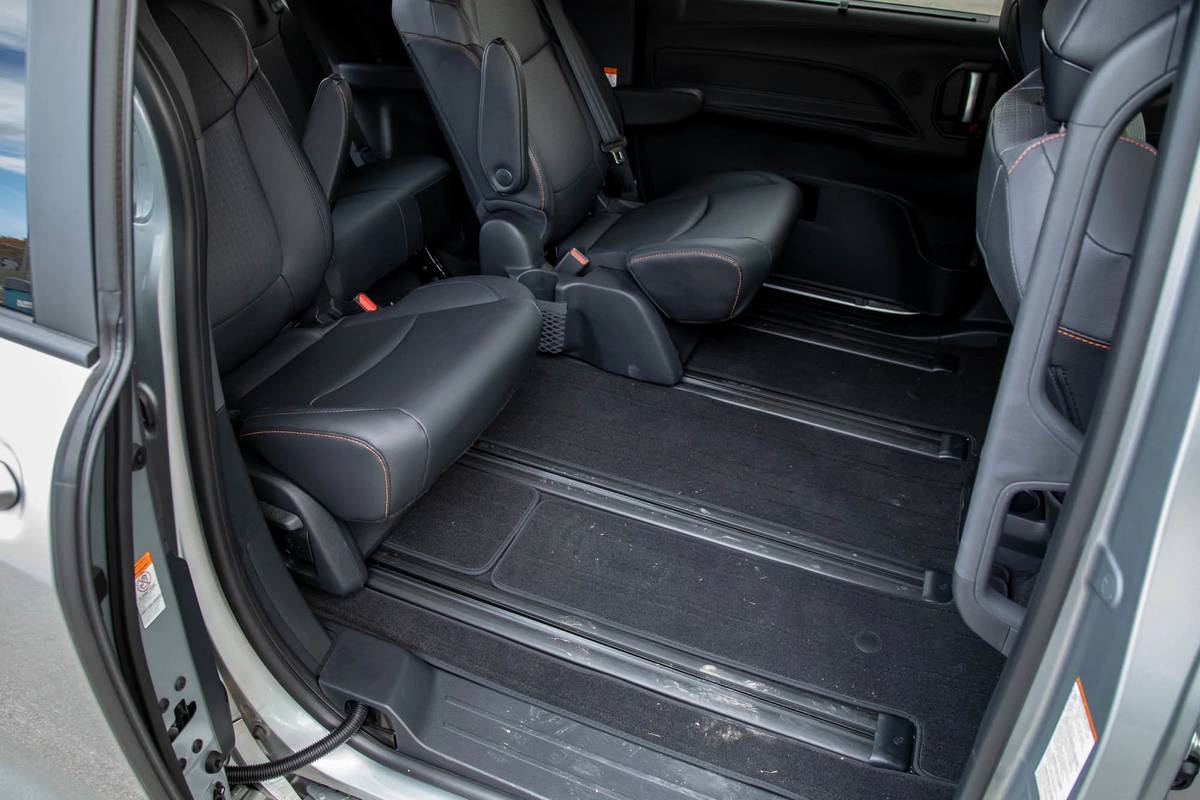
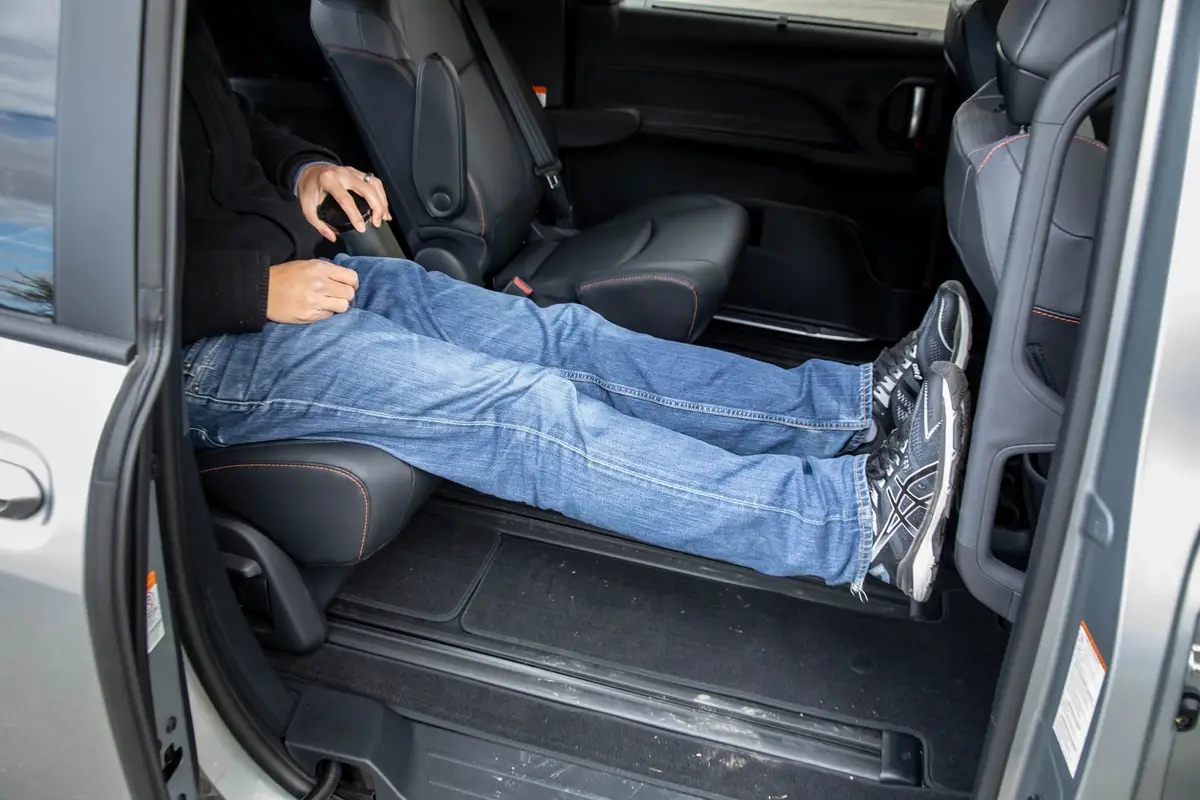
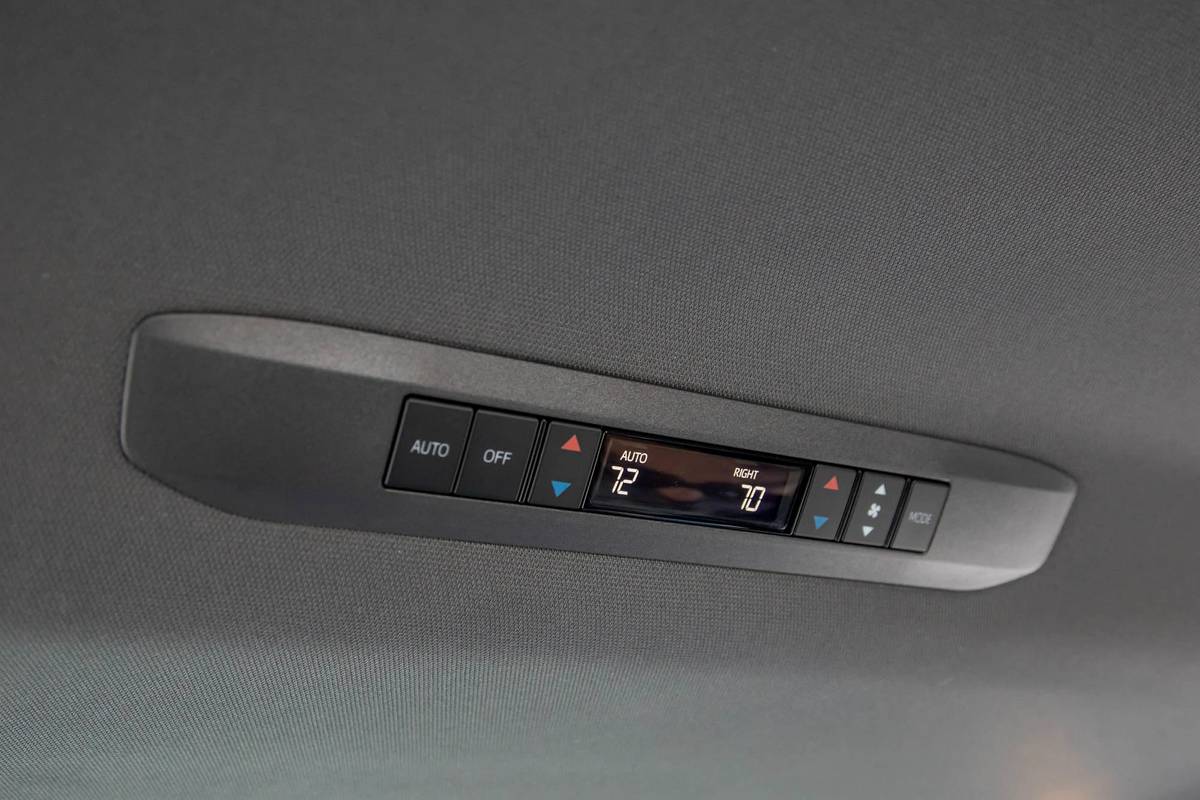
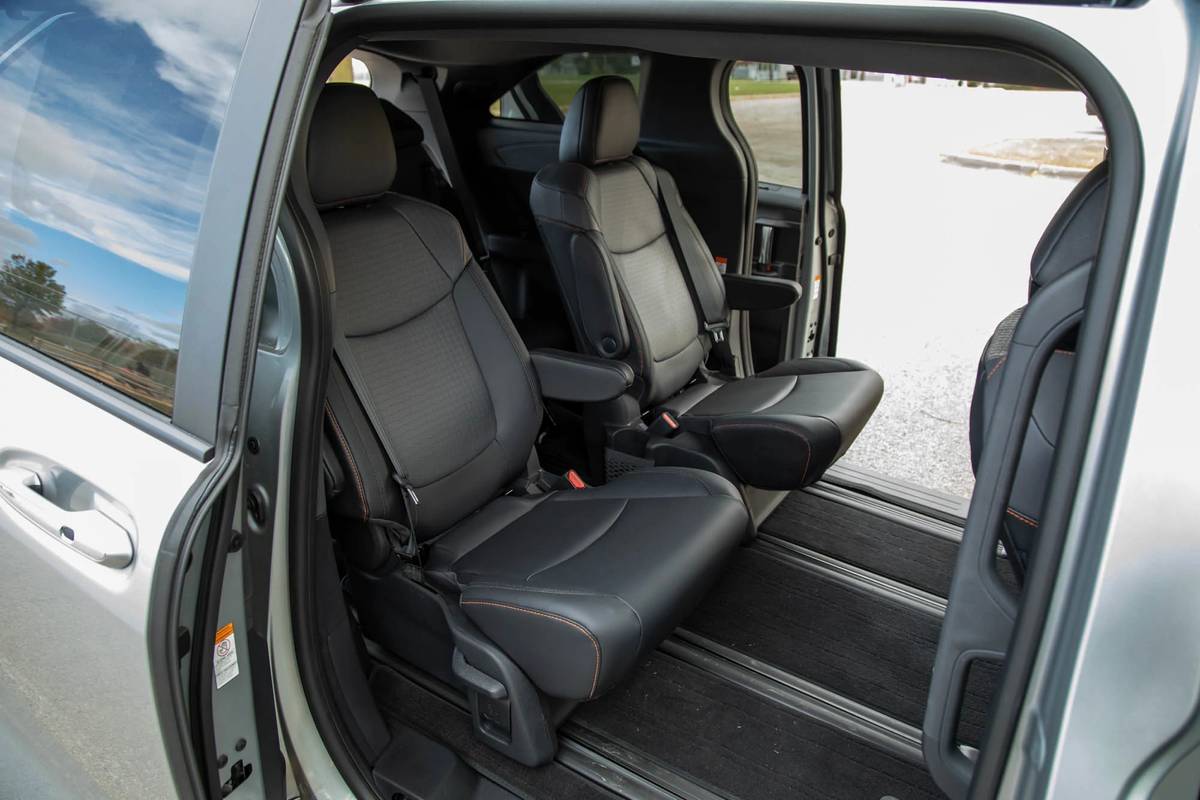





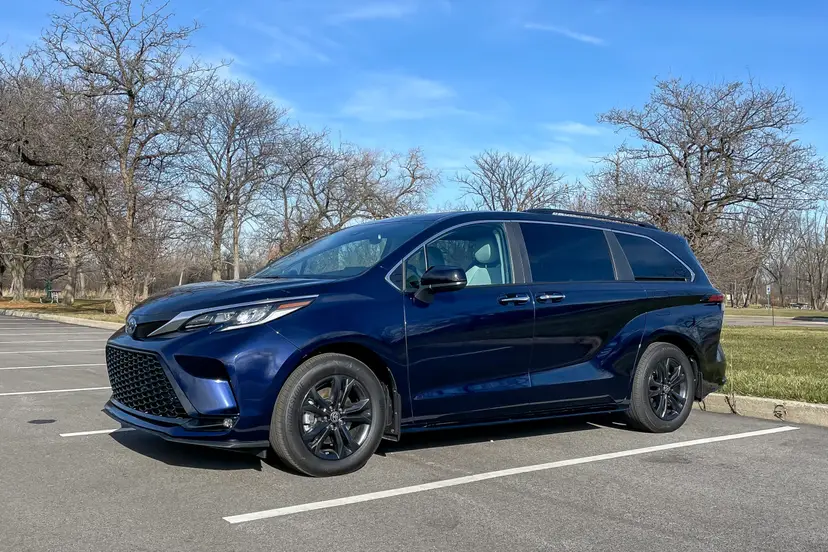

.png)



